You Don’t Have to Live in Manhattan to Access Recovery Services

Kspring has been supporting her son on his recovery journey for years. He’s come a long way, but the challenges still feel immense, and Kspring is actively seeking new recovery resources that could offer a hand. Allies’ Laurie MacDougall did some digging. What she found underscores just how much is out there—much of it independent of Zip code.
I’ve written to you two other times and have been grateful for the support and service I have received. This group is the most gifted and talented group I have ever experienced. My adult son has come a long way in his journey with SUD. He has many supports and services and uses them well. However, he is struggling with a new aspect of this journey.
My son has curtailed much of his drinking and drugs (Xanax). He has tried not drinking at all, but went back to moderation and is doing pretty well with that. He still gets panic attacks and sometimes will have a drink or take an extra Xanax, which he is prescribed, and is well aware of the repercussions that follow. He struggles with severe insomnia, which can be crippling to him. He went for four months without any alcohol or Xanax, and instead of feeling any positive benefits, he was faced with a mountain of depression and anxiety, but fortunately no suicidal ideation this time. He is also well aware that years of drinking to numb the pain stunted his social and emotional development. It’s all very overwhelming to him, and even though I can see tremendous growth, he feels like it’s a bottomless pit.
We live in Kentucky, and it seems like the only kind of support groups you can join are AA. I listened to one of your podcasts a while back, and you were interviewing Dr. John Fitzgerald about the 5-Actions Program. I really liked what he had to say, but I understood that it is only available to people who live in New Mexico. My son has tried so many self-help groups and currently receives therapy from a wonderful therapist. He has come so far, but feels like giving up because he can’t pull himself out of the abyss in which he lives every day. Is that program available to people who live outside of New Mexico, or are there other programs like that elsewhere? Just today he called me and expressed a wish, and I’m so at a loss to know what could meet this need. He expressed a need to be able to share about his struggles in a group that is not AA.
Your love and concern for your son and his efforts shine through in your post. Staying the course and supporting our Loved Ones (LO) through the journey of discovering their path is not easy, but here you are. Clearly your son feels comfortable confiding in you, and that is really positive.
It makes sense to me that your LO feels like he is stuck in the “abyss” right now. Early recovery is a slow process and often overwhelming. He does, however, have his connection with the people that love him most, his family.
In this post, you are asking about a wider range of recovery options you might be able to guide him to, as he has recently expressed a “wish” (clearly you have been doing your own work and exploring the modules on this website!). You ask about the 5-Actions Program designed by John Fitzgerald. Right now, that program is only open to New Mexico residents. Maybe some of us should be approaching our own states to see if it could become available across the country. I did a little research, though, and put together a few other options your son might be interested in (also check out our list of online meetings …hyperlink url):
- Recovery Community Organizations (RCOs) RCOs are nonprofit organizations led by local recovery allies. According to the Recovery Research Institute of Harvard University, RCOs can help build recovery capital at the community level by providing advocacy training, recovery information and resource mobilization, mutual help or peer support organization meetings (AA, SMART Recovery, Lifering, etc.), social activities, and other community-based services.
Here are a couple of RCOs in Kentucky. If these aren’t located near you, try calling to see if they know of any close by.
- Achieving Recovery Together (A.R.T.). Clicking on the name of the RCO it brings you to their website so you can explore.
- Louisville Recovery Community Connection (LRCC). This link brings you right to the calendar page showing all of the different types of meetings they offer and their times.
- Voices of Hope Community Center in Lexington. Again, this link will bring you right to the calendar if you scroll to the bottom of the page. There are meetings in person and online.
- Support groups other than AA
- SMART Recovery (click on the link to find a meeting). As described on their website, this mutual aid group teaches short-term and long-term coping skills participants can use to move forward in their lives and avoid turning to an addiction to cope. They teach participants to focus on the present, and what to do when faced with situations that lead to self-destructive choices. They offer both online and in-person meetings. SMART Recovery utilizes a 4-Point Program:
Point 1: Building and Maintaining Motivation
Point 2: Coping with Urges
Point 3: Managing Thoughts, Feelings and Behaviors
Point 4: Living a Balanced Life
- Mindfulness meditation groups. Through a little Google research I found the Louisville Recovery Sangha (LRS) LRS offers both online and in-person meetings. There is a description of the type of meetings offered once you click on the link.
- The Buddhist Recovery Network is also a great resource, where you can find mindfulness meditation groups for recovery, both online and in person.
The Center for Optimal Living is an outpatient treatment and training center for addiction and mental health issues. It utilizes the Integrative Harm Reduction Psychotherapy (IHRP) techniques. You write that your son has decided to try moderation, and I immediately thought of this group. They offer group therapy and some of it is online. They also have some resources that your son might find helpful.
Under the resources tab on their site I found an entry called 6 Steps to Positive Change. To quote the description that follows:
“If you are concerned about your drug or alcohol use, the Positive Change Pathway, created by Dr. Andrew Tatarsky, can help you to create your optimal relationship to substances—whether that means reduced, safer, more controlled use, or none at all.”
The website can also lead you to Dr. Tatarsky’s book, Harm Reduction Psychotherapy.
I don’t want to overwhelm you with options, so I will stop for now. I hope that your son will be able to find something here that lends him support and helps with his goals. It does sound like he is putting a lot effort into his recovery and is open to new ideas.
Let us know how things go. We wish you and your son the best.


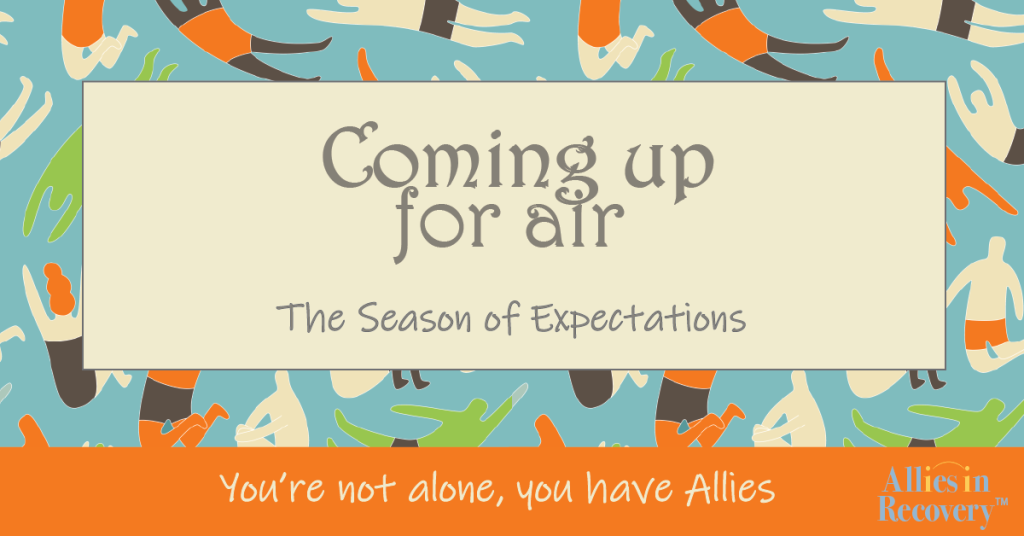
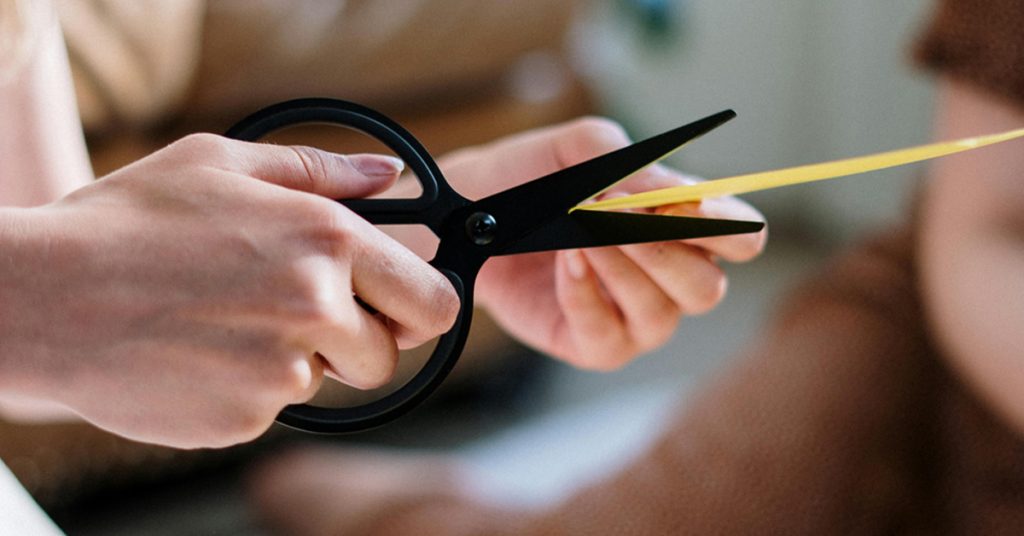
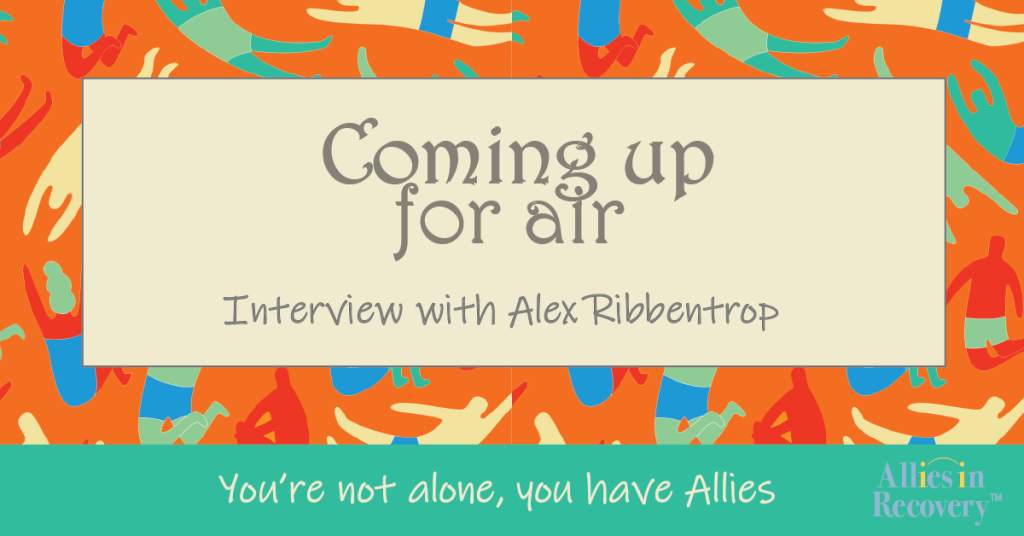

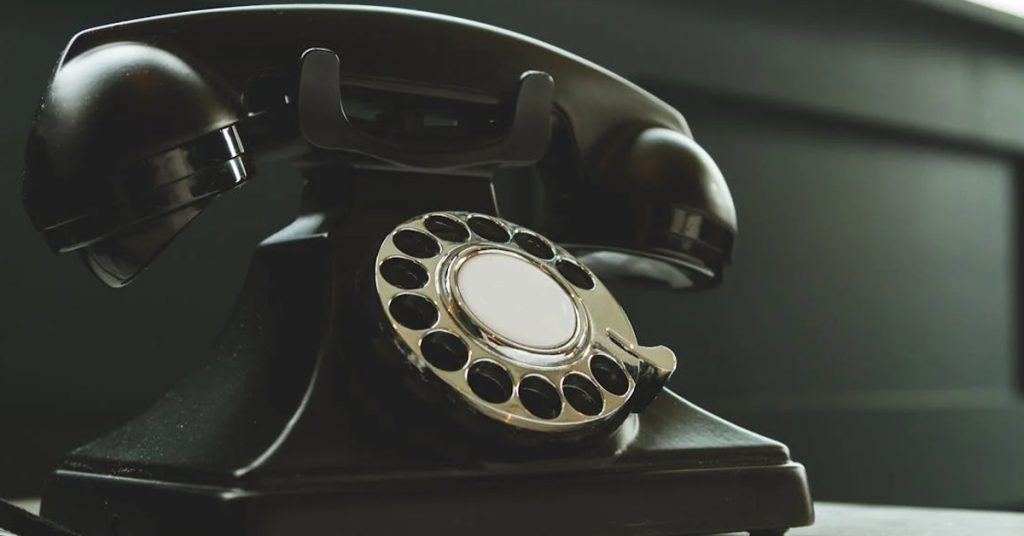
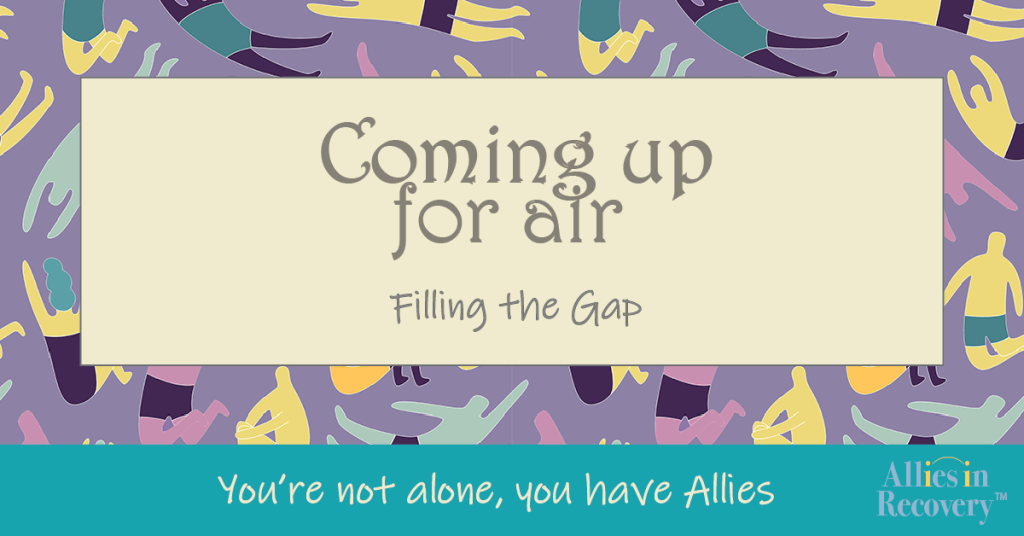
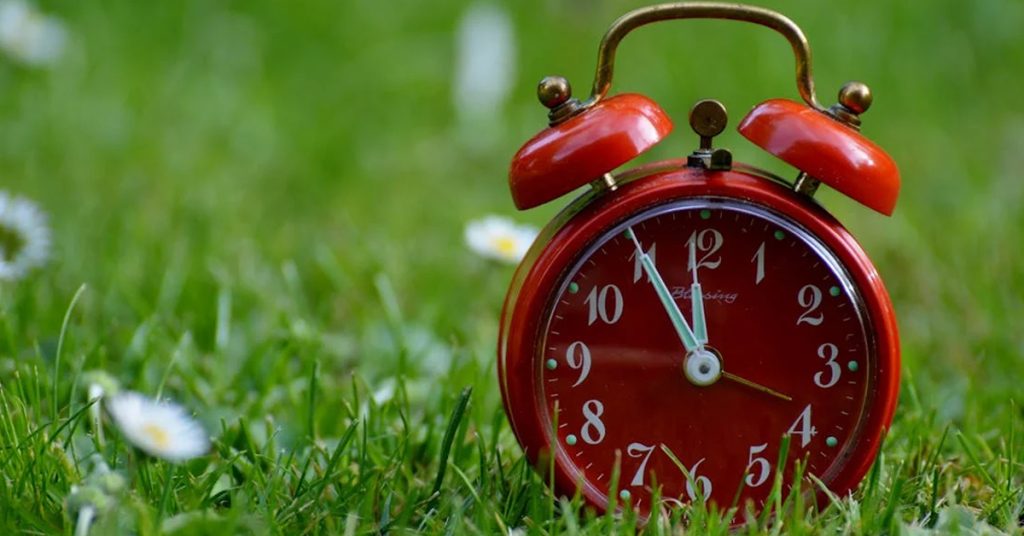
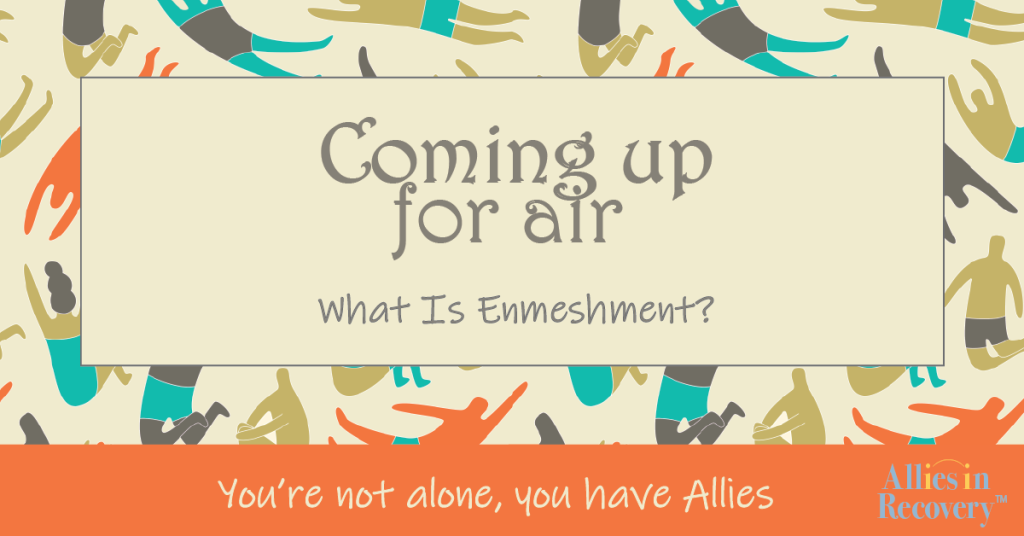
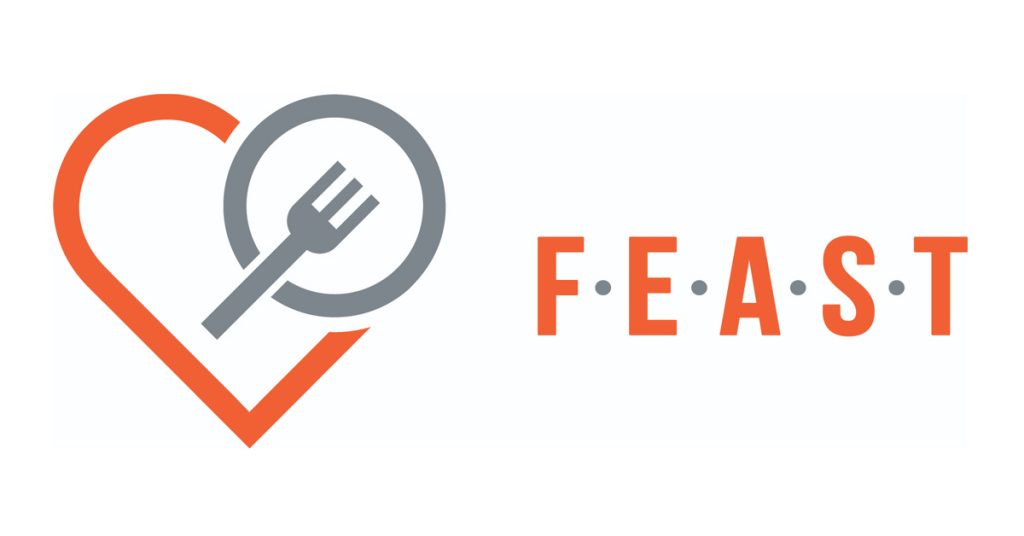
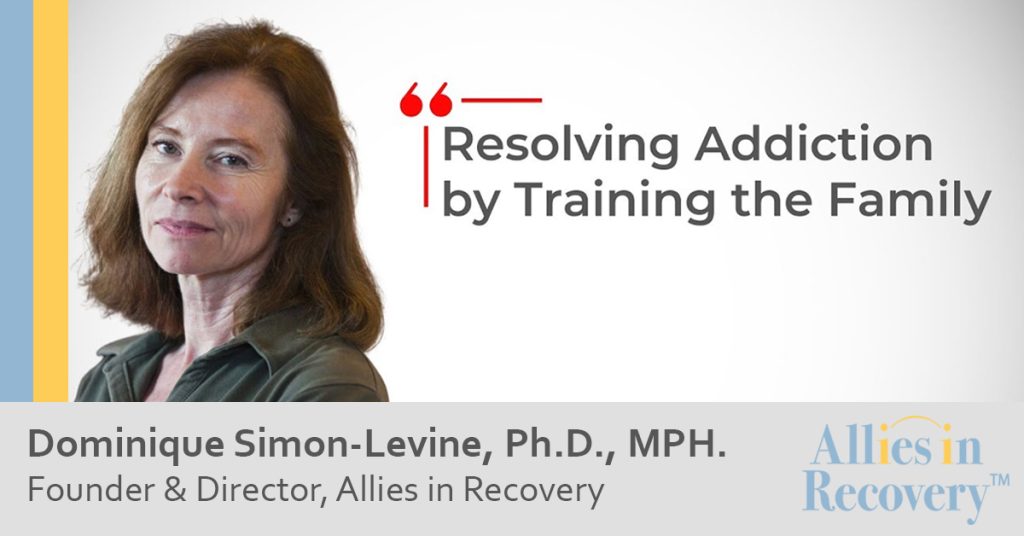
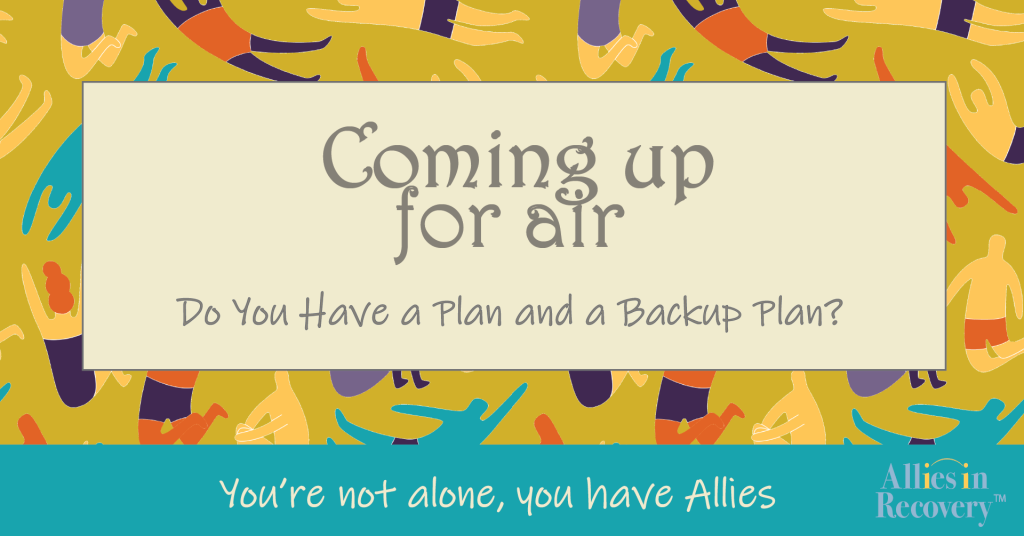
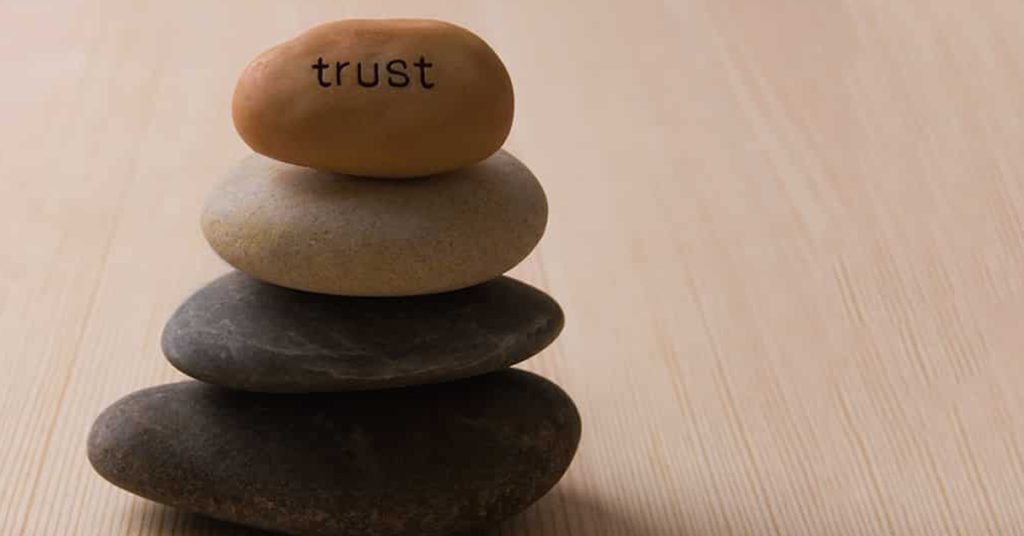


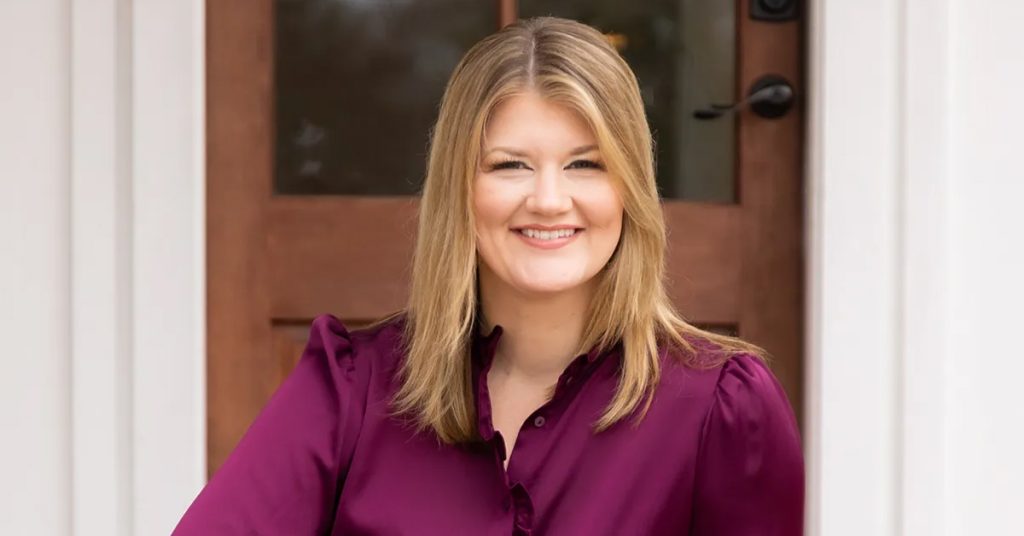
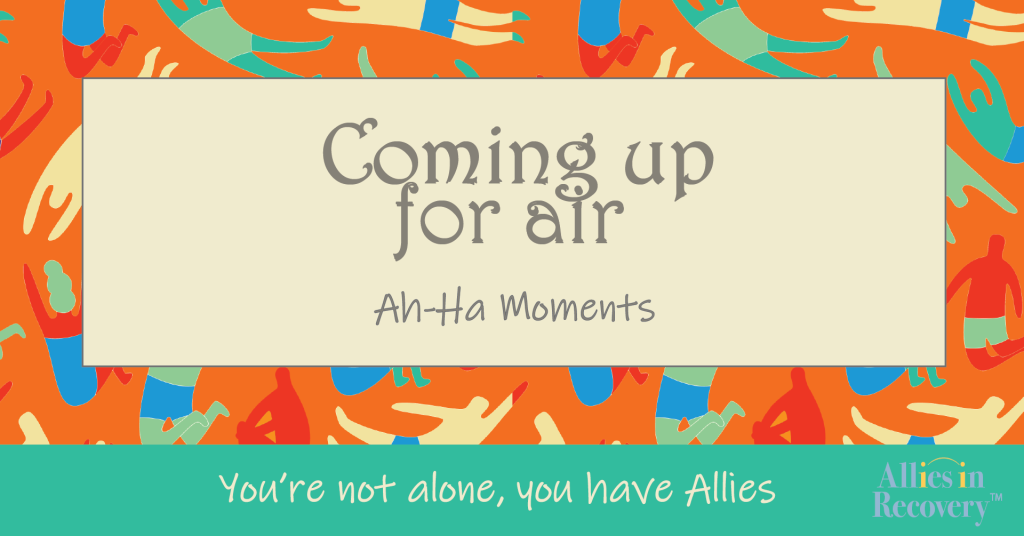
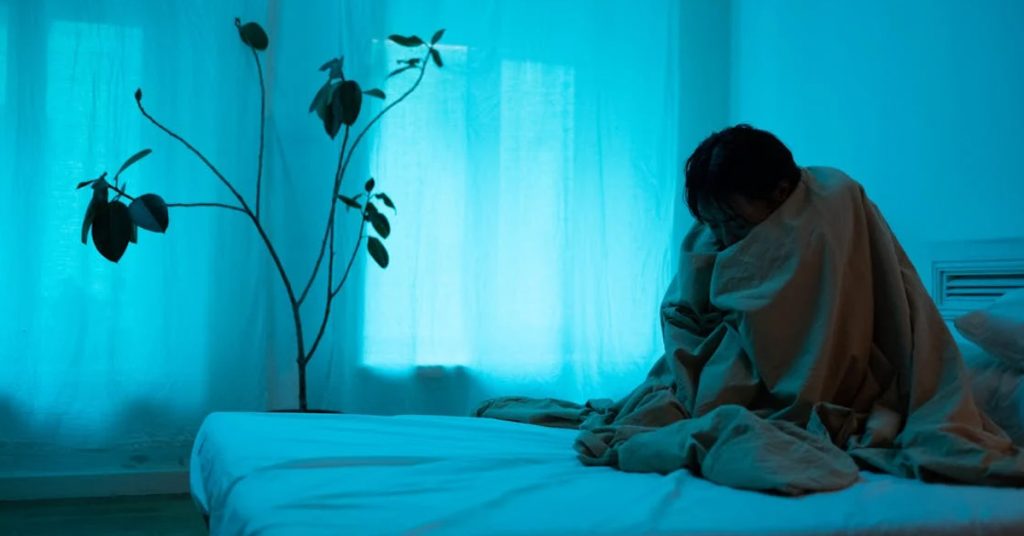
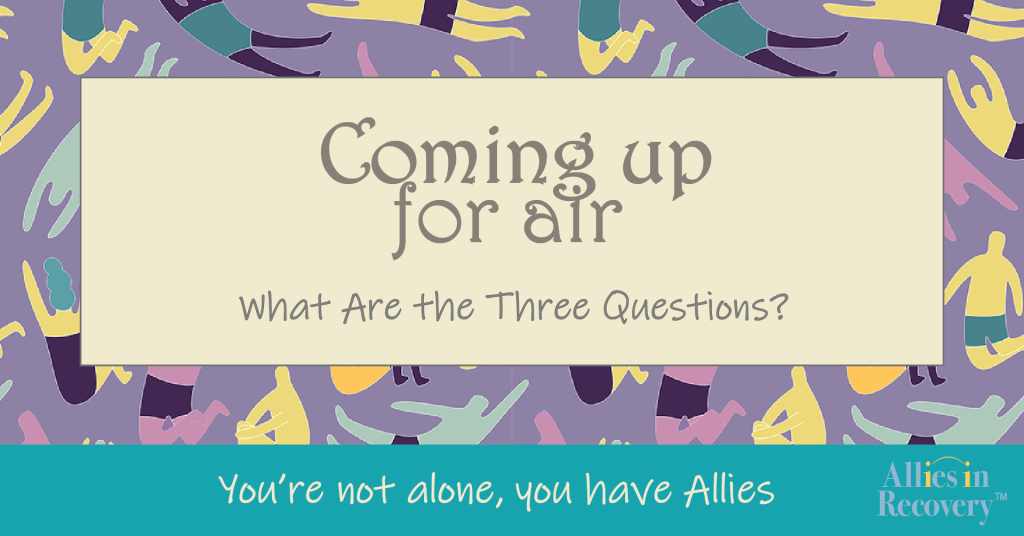
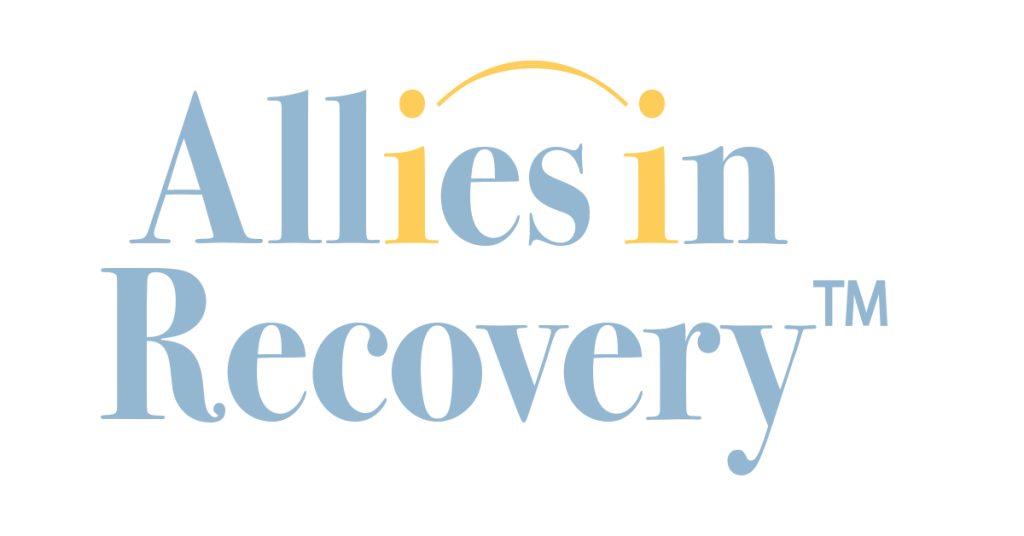
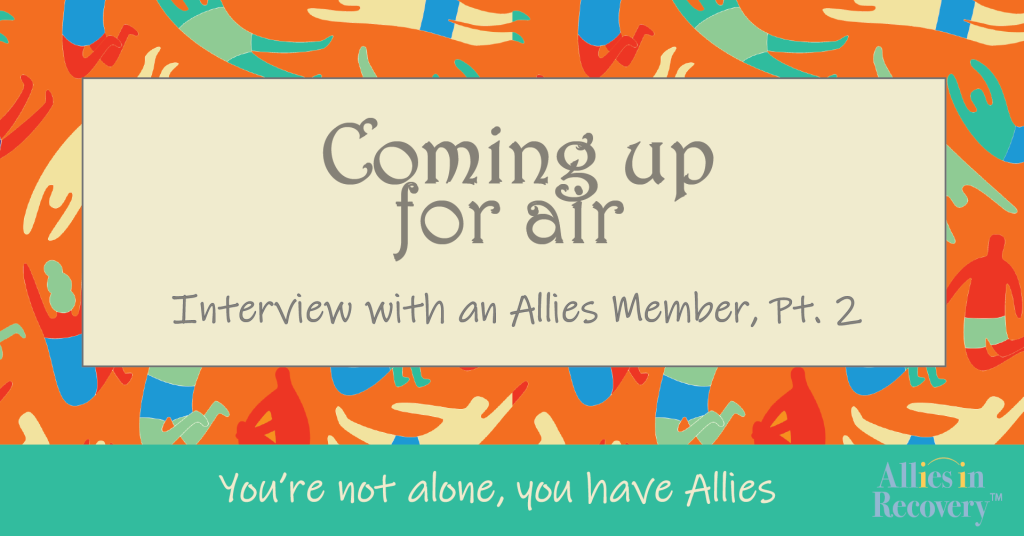
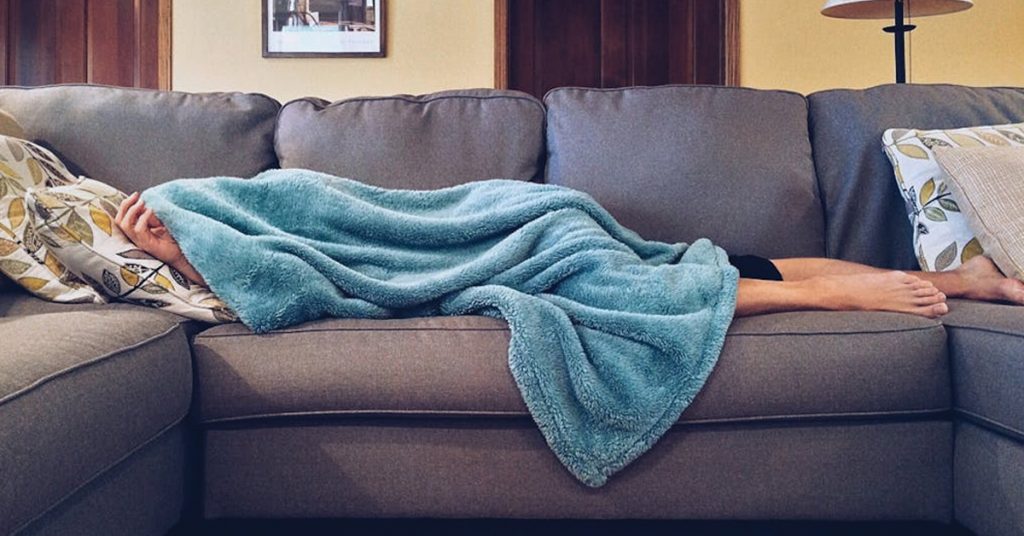
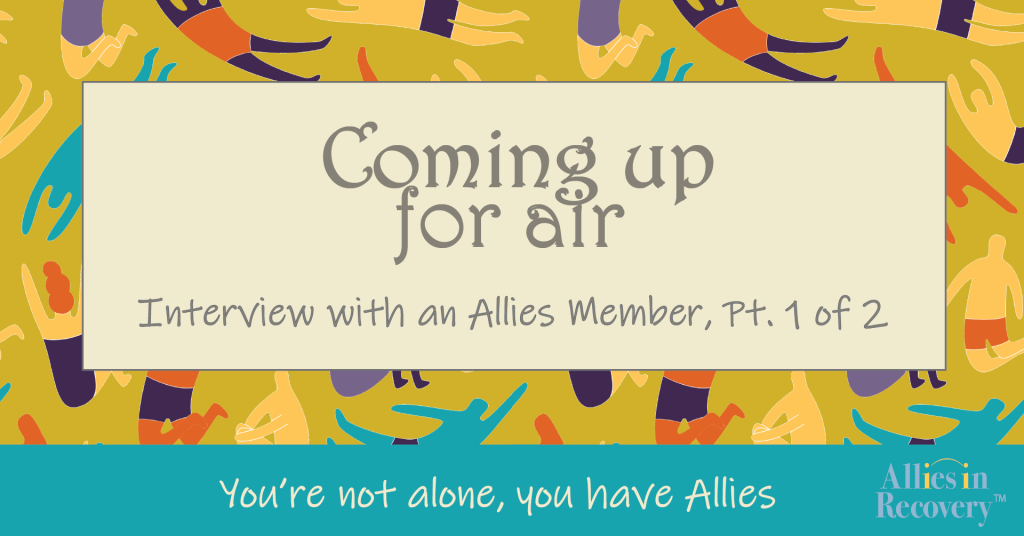

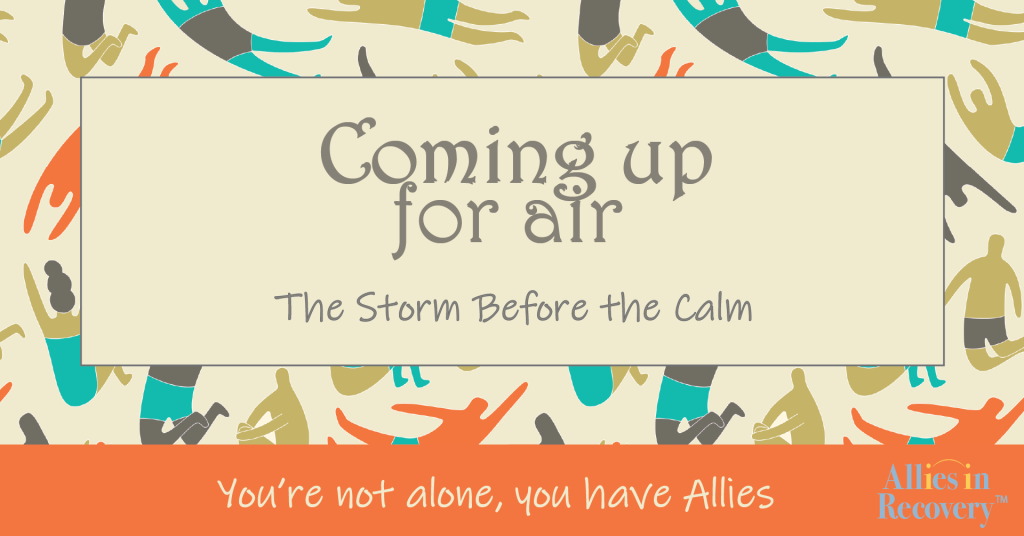
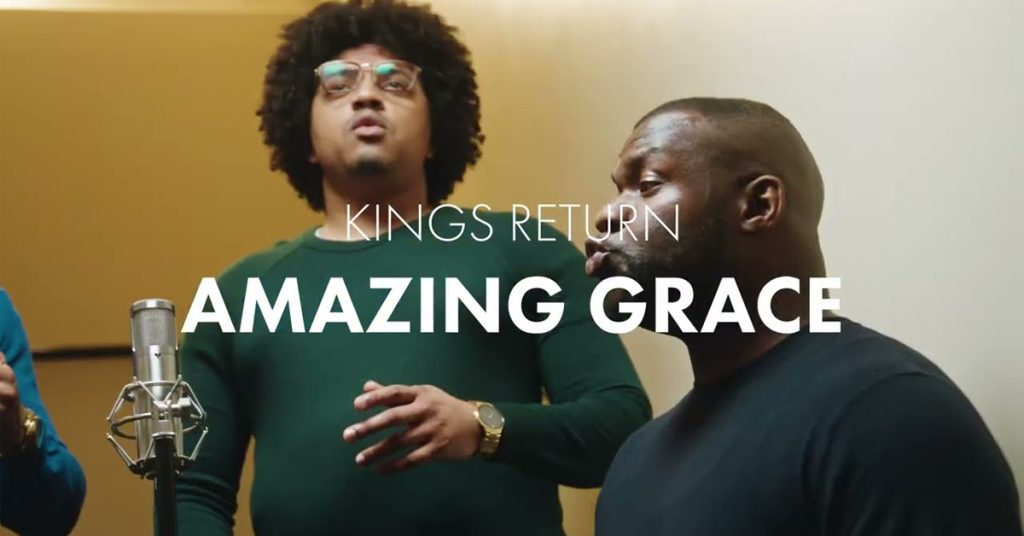
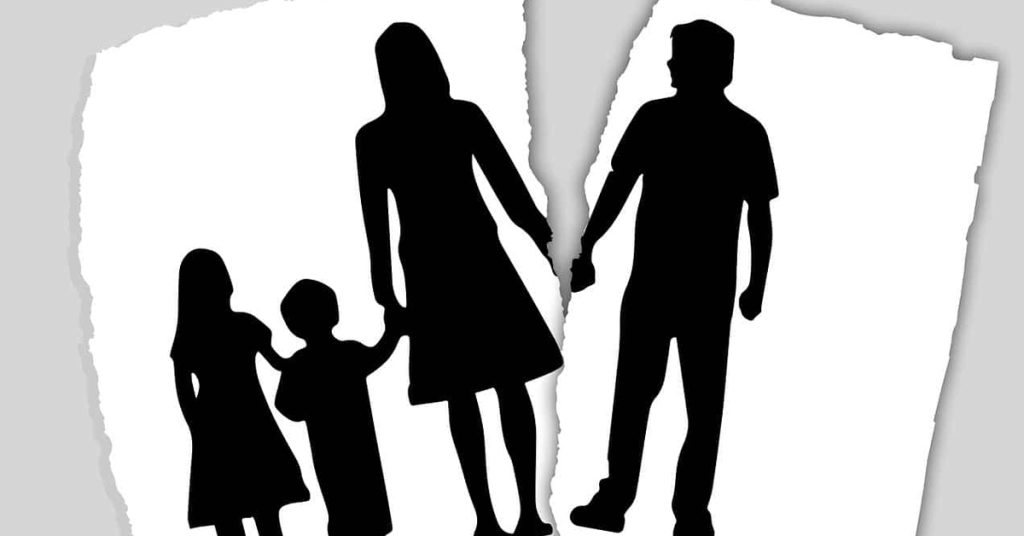
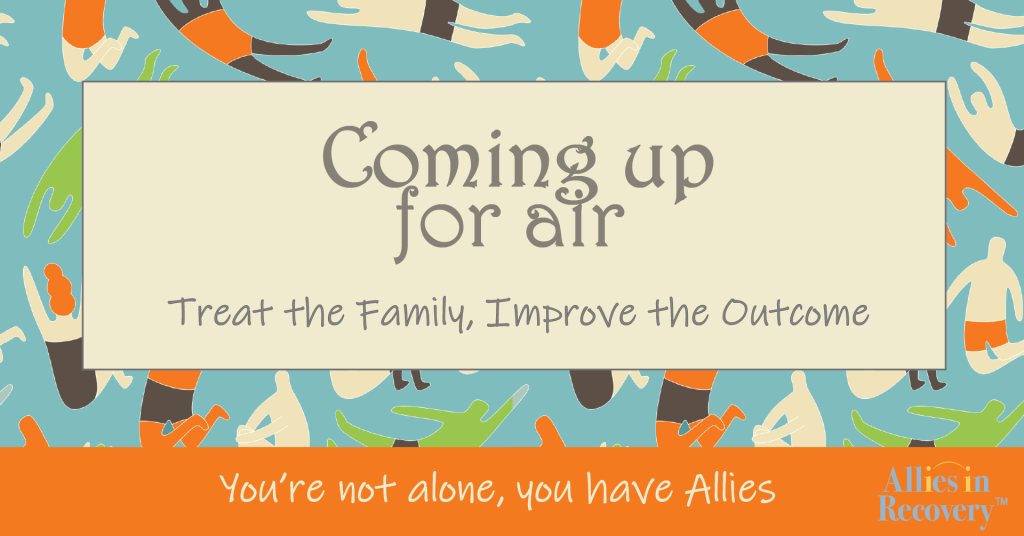
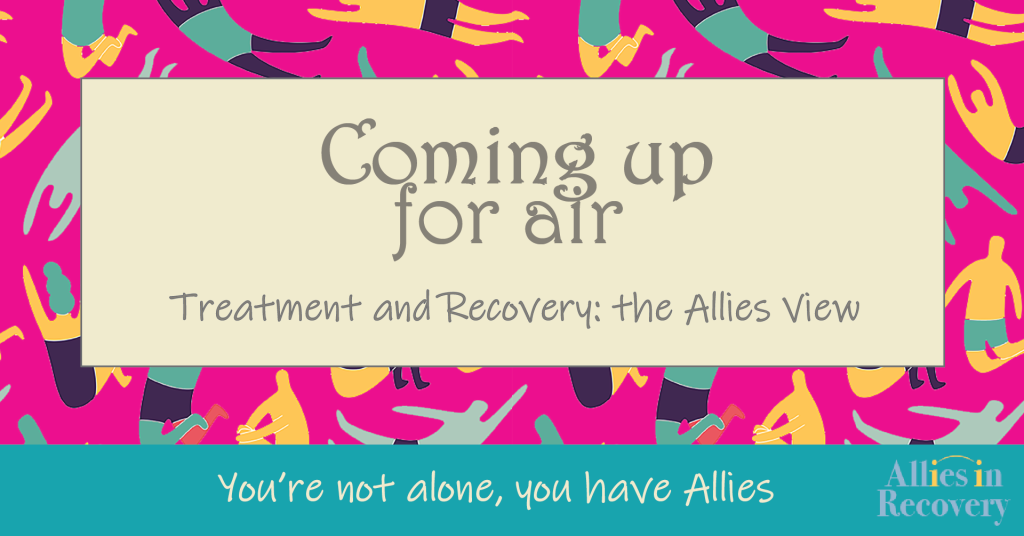
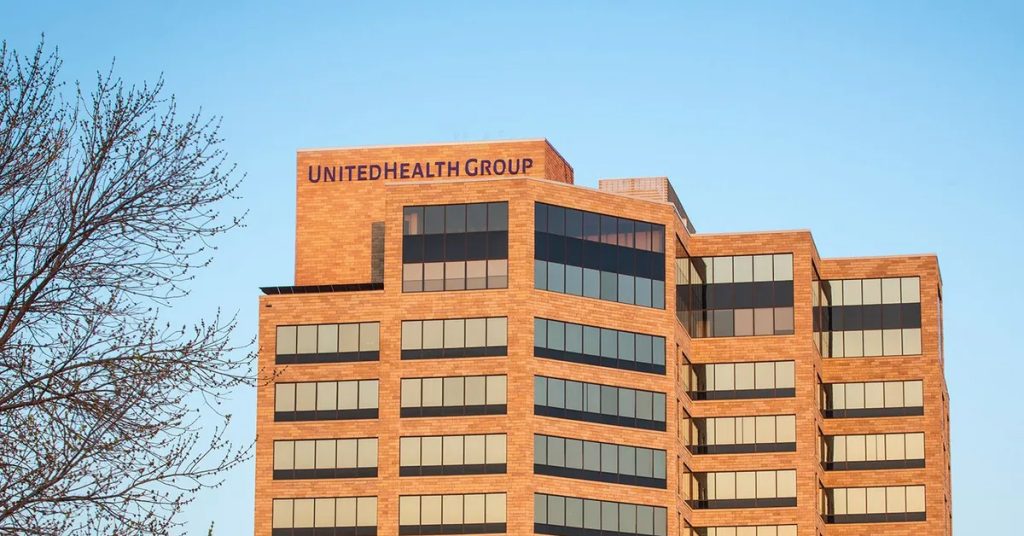
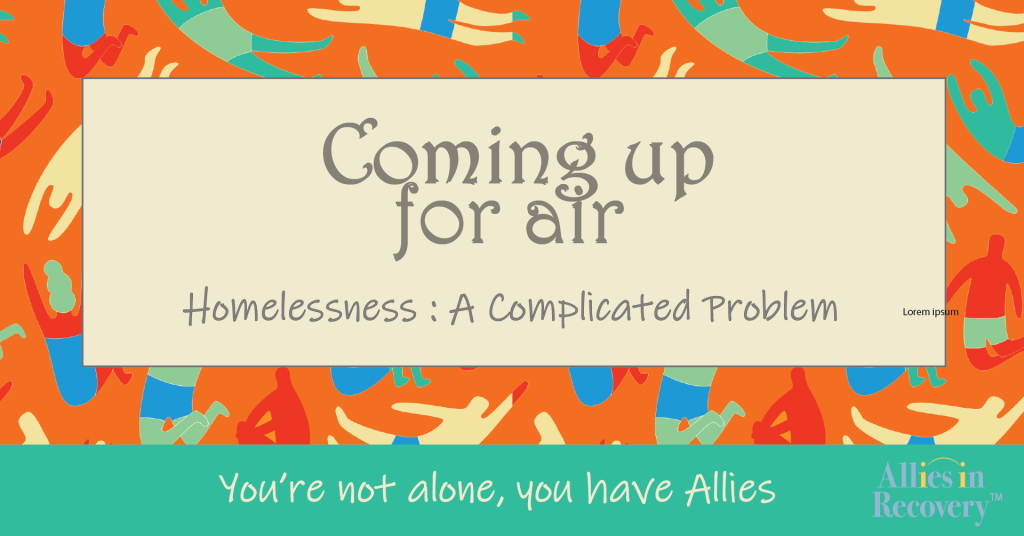
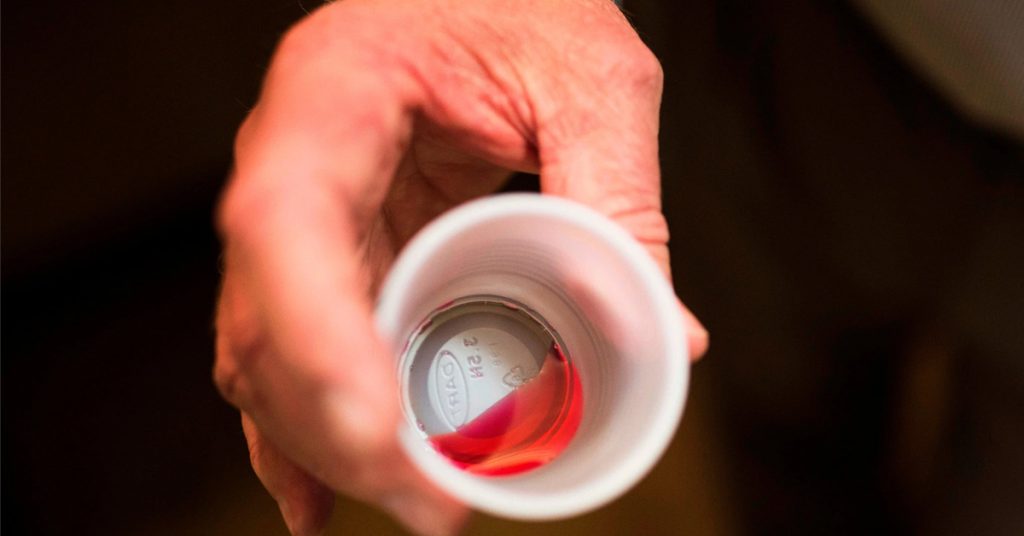
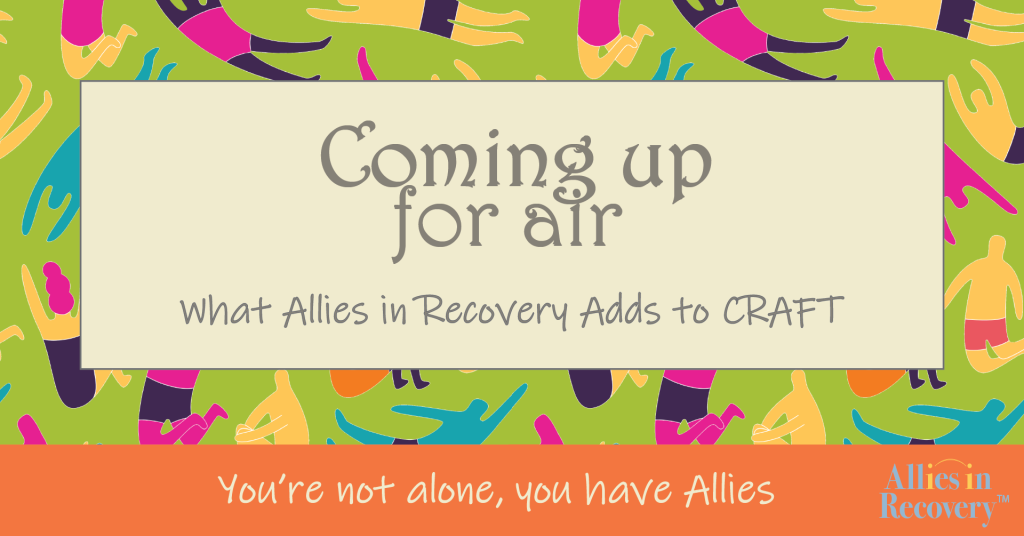
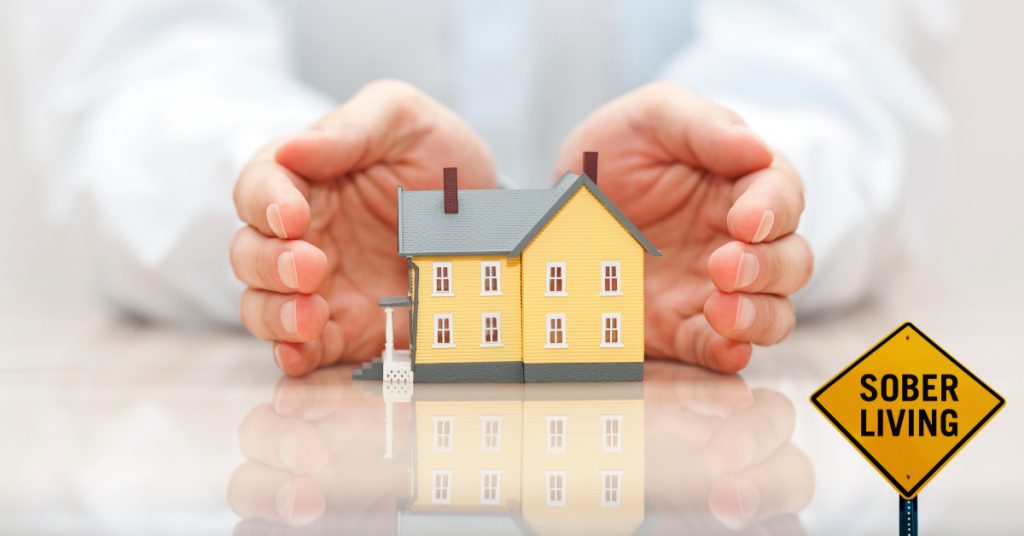
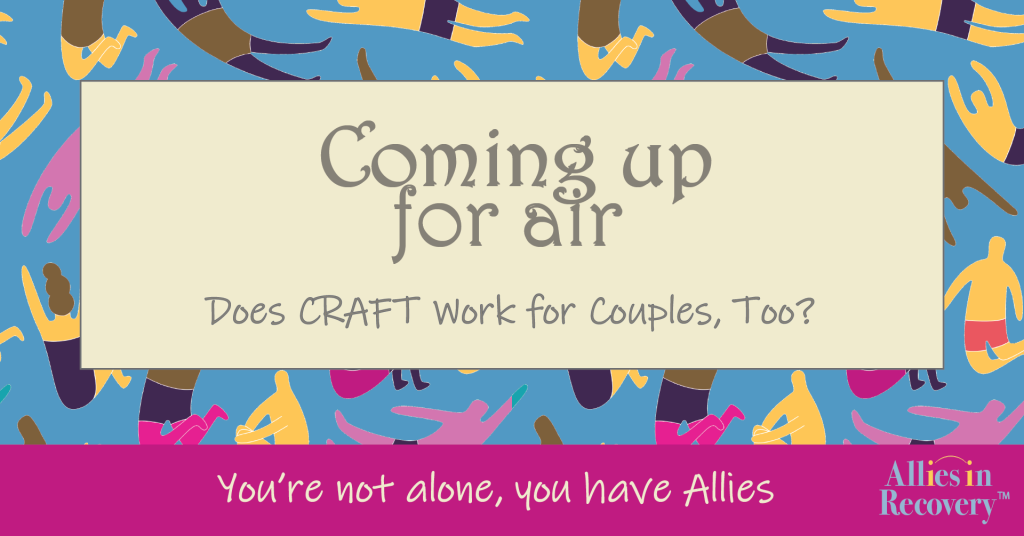

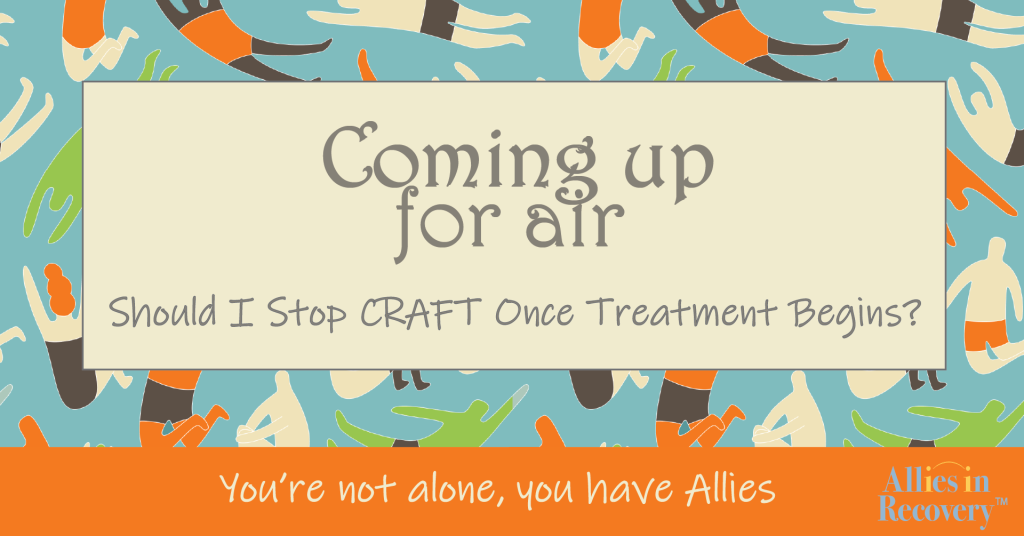
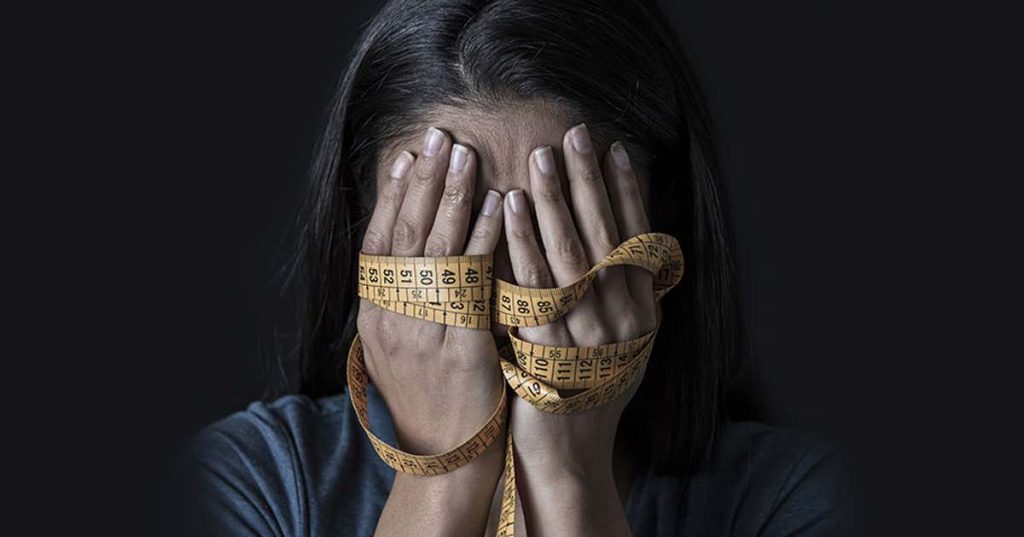
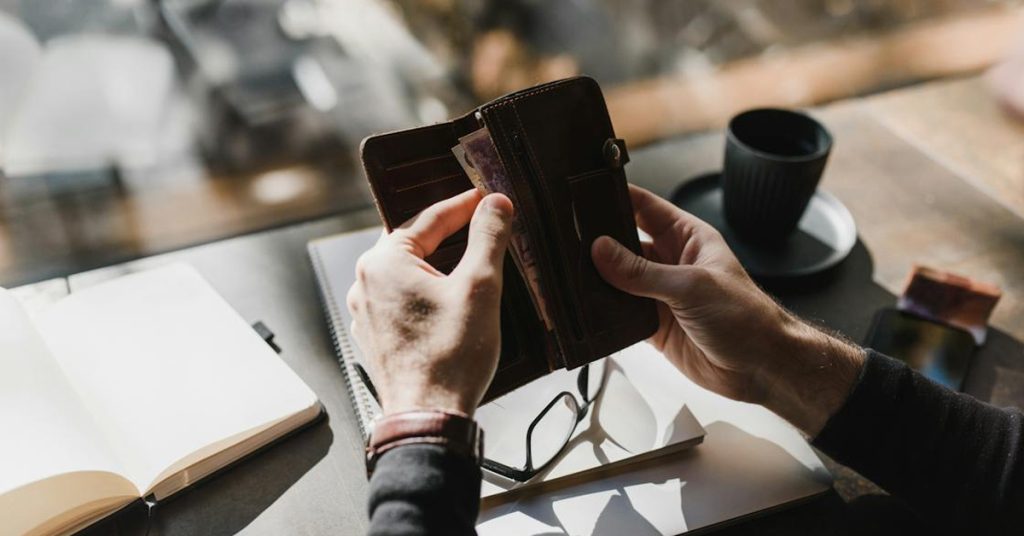
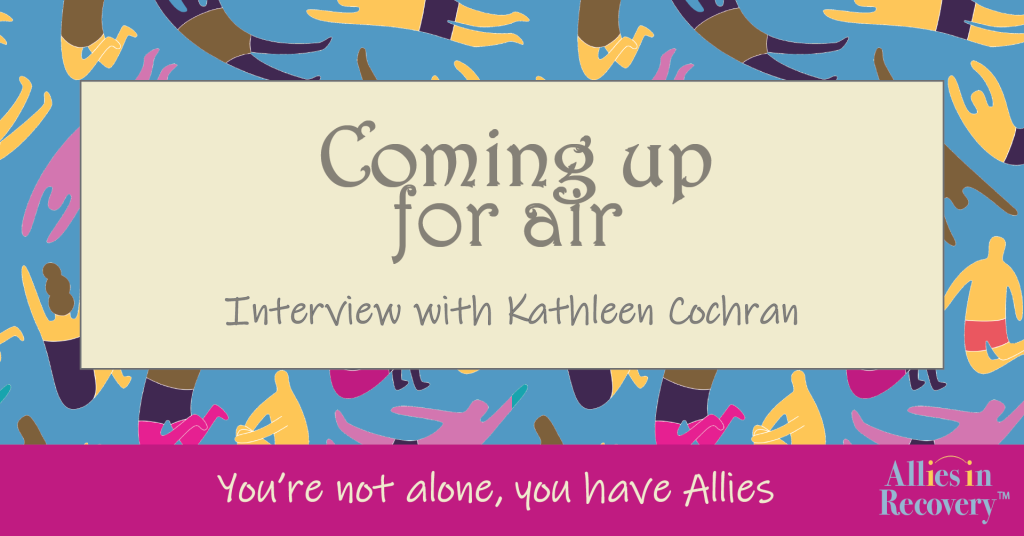

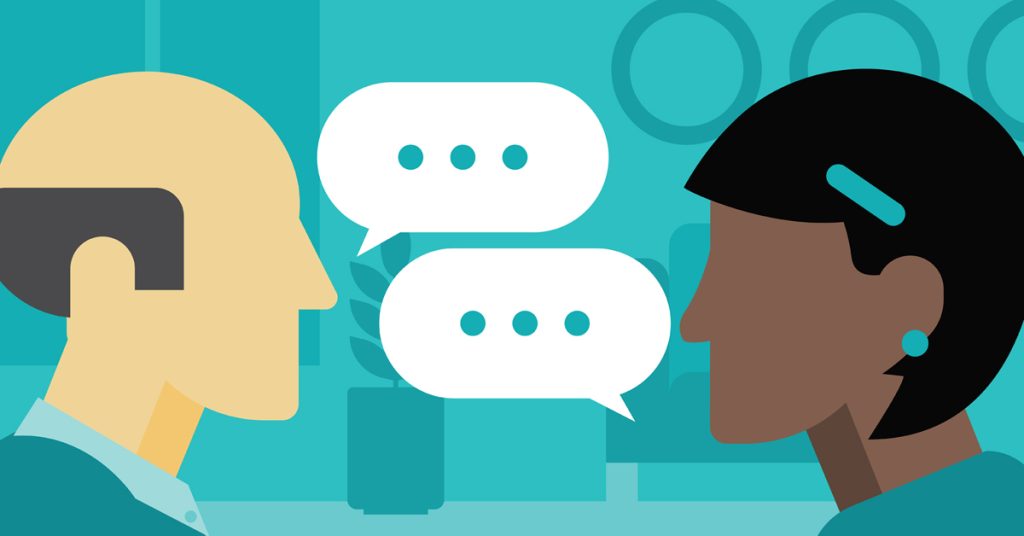
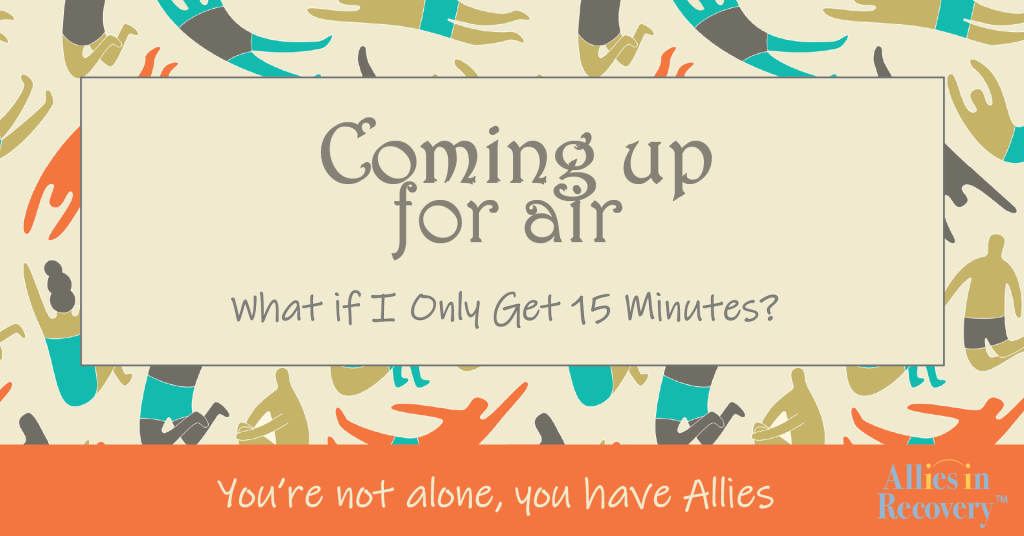
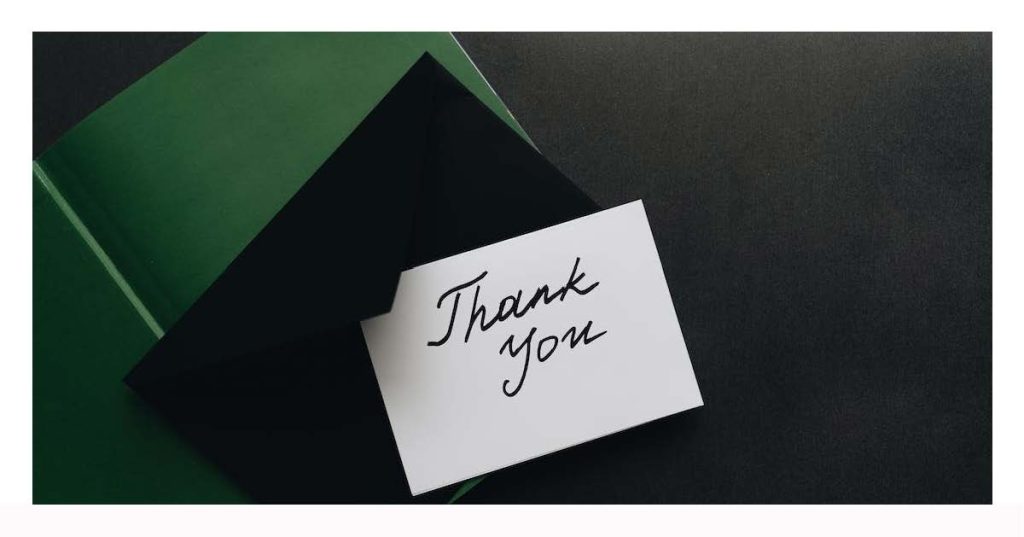
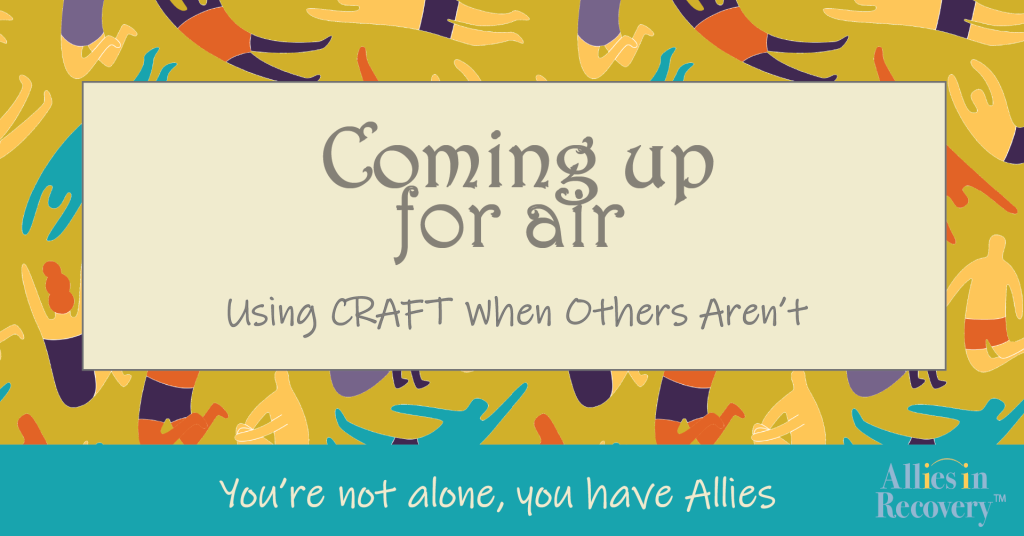
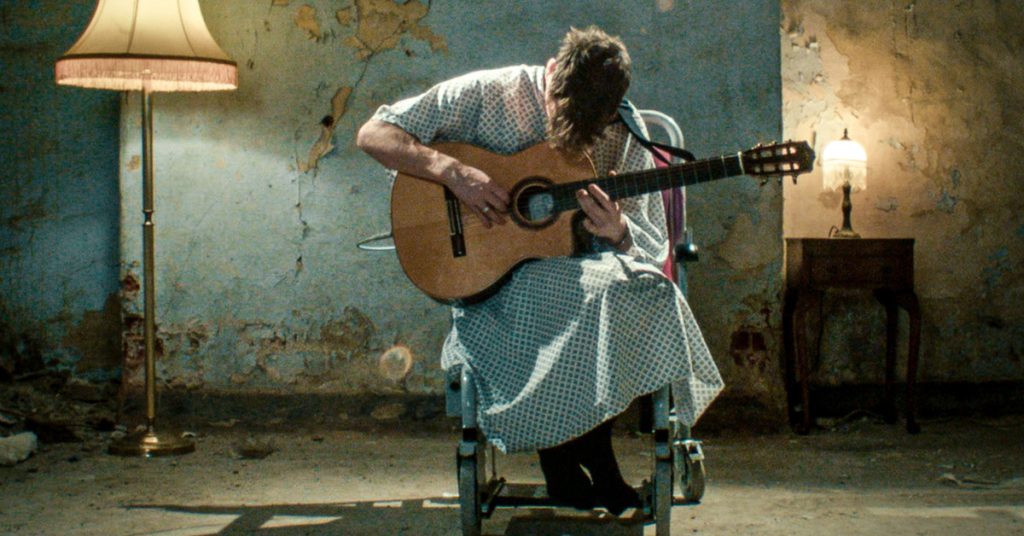
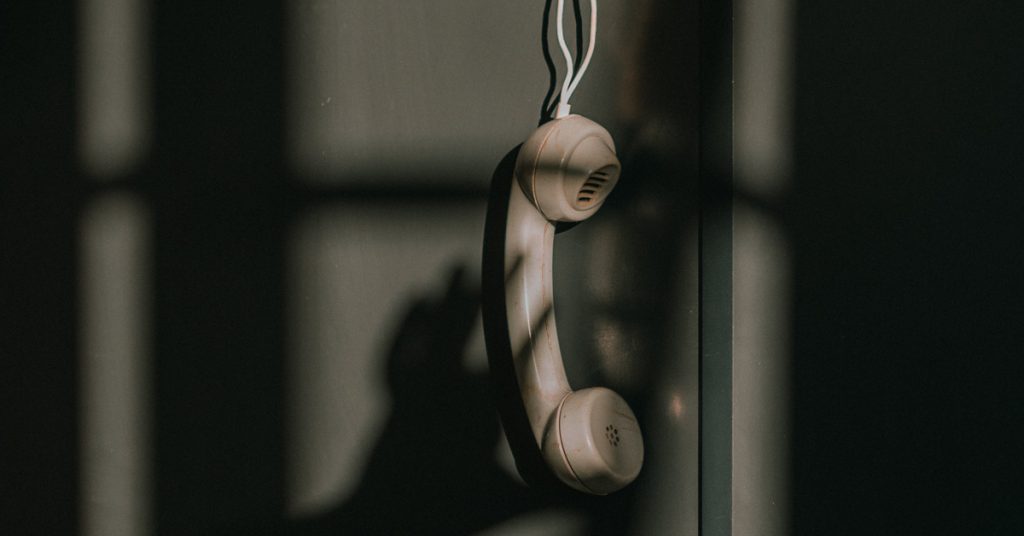
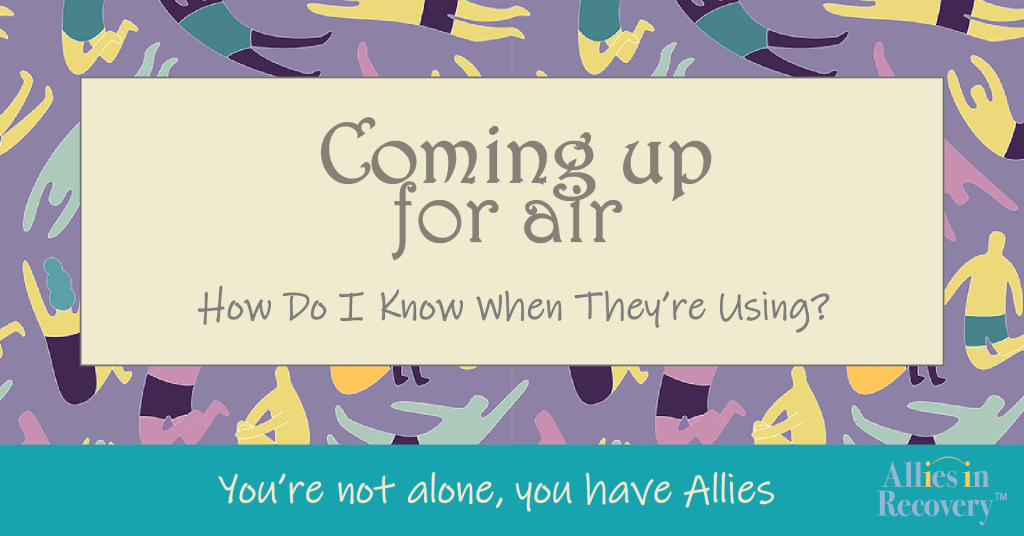

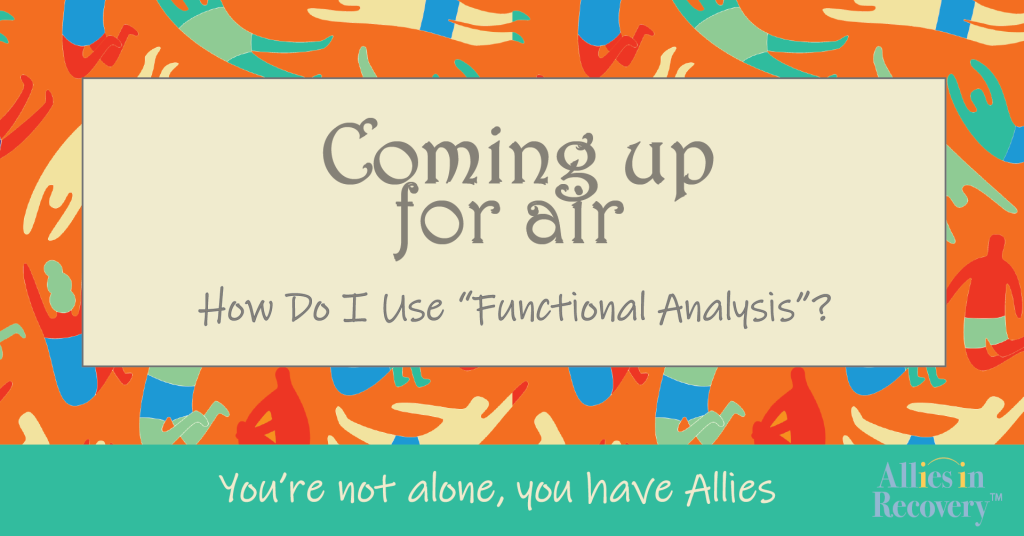
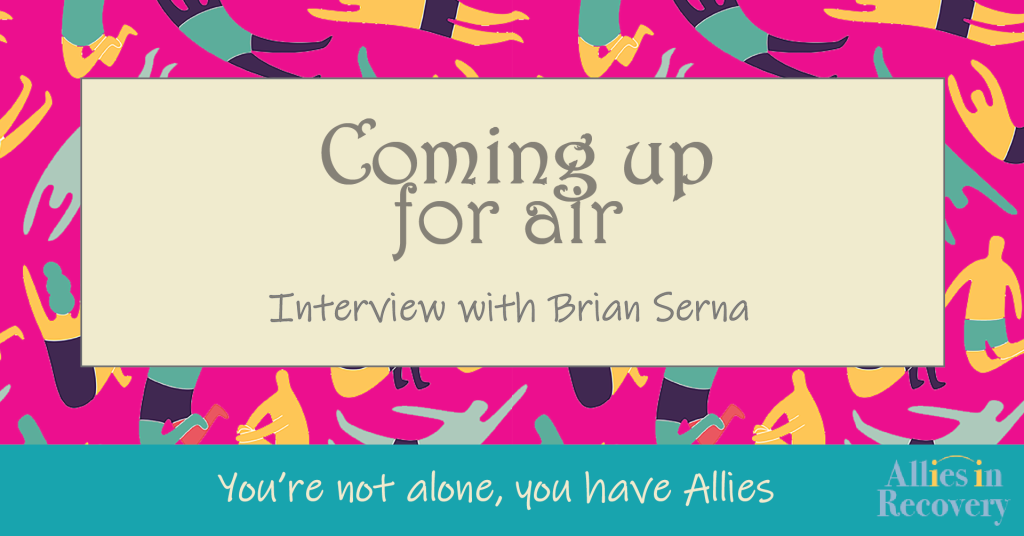
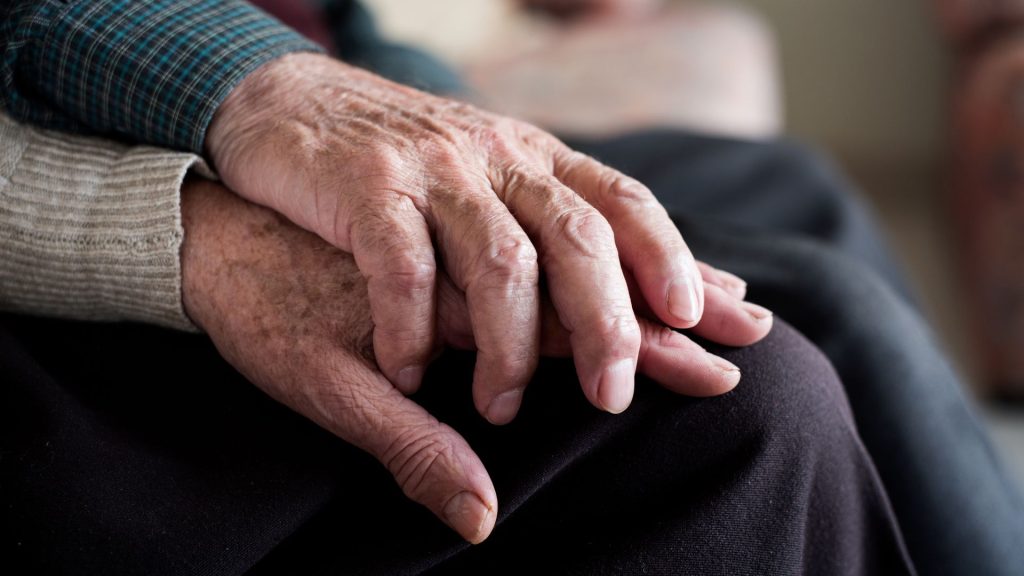

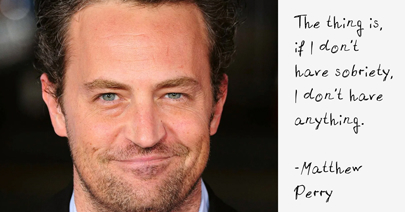

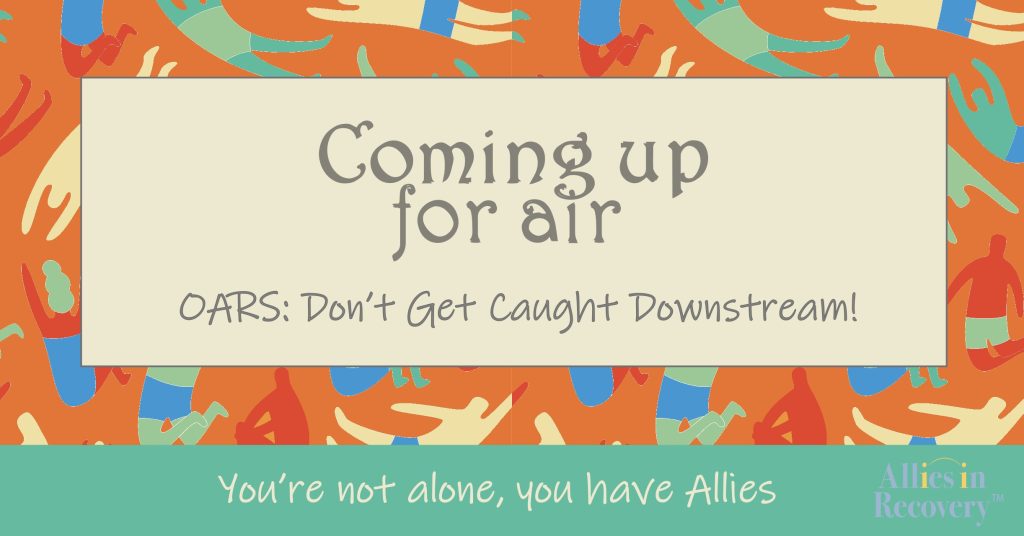


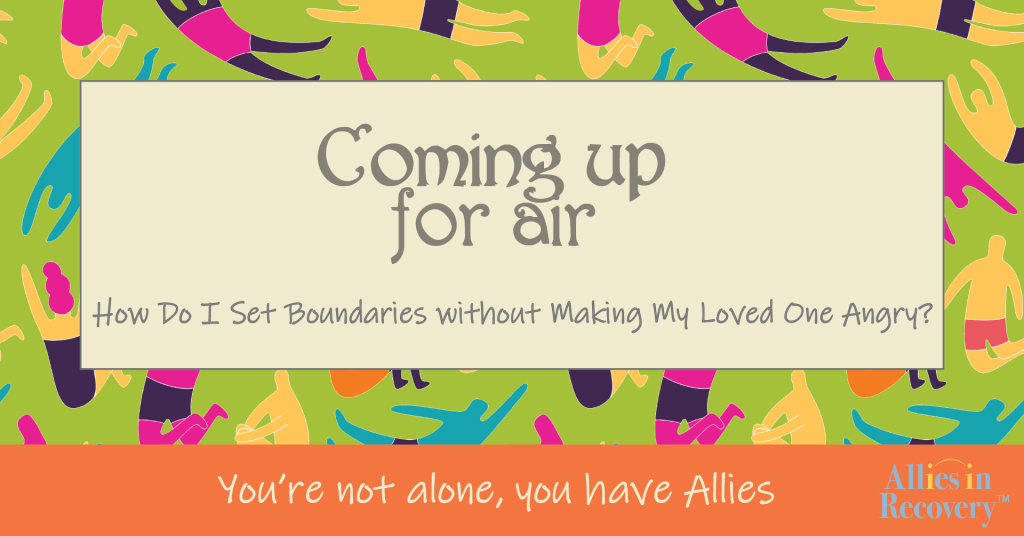

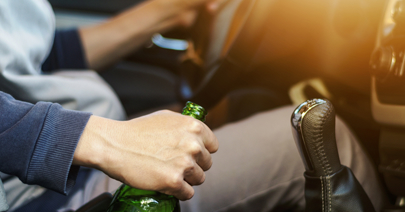
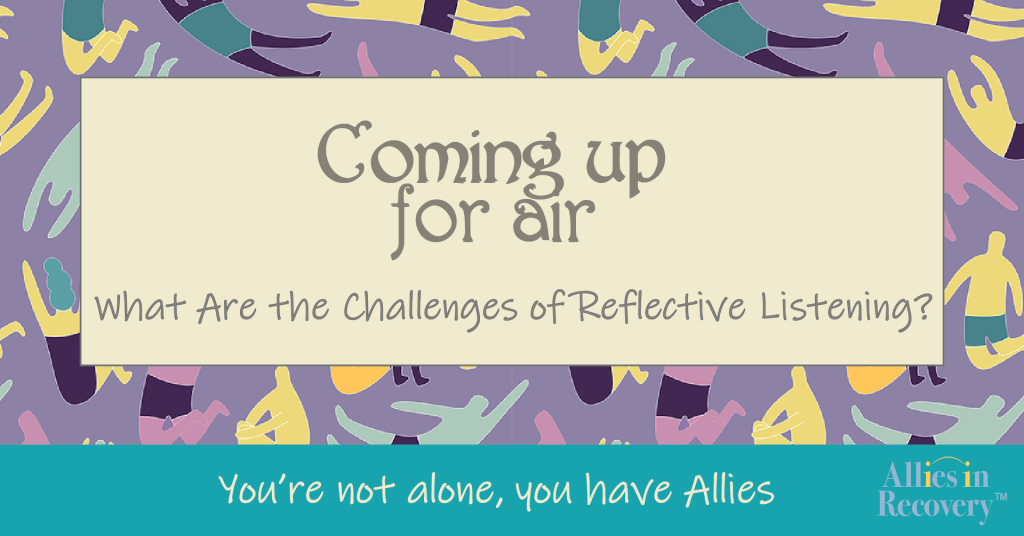
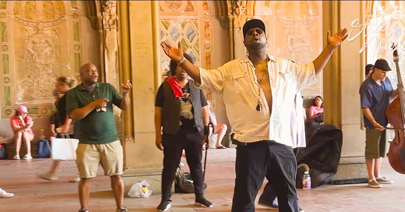
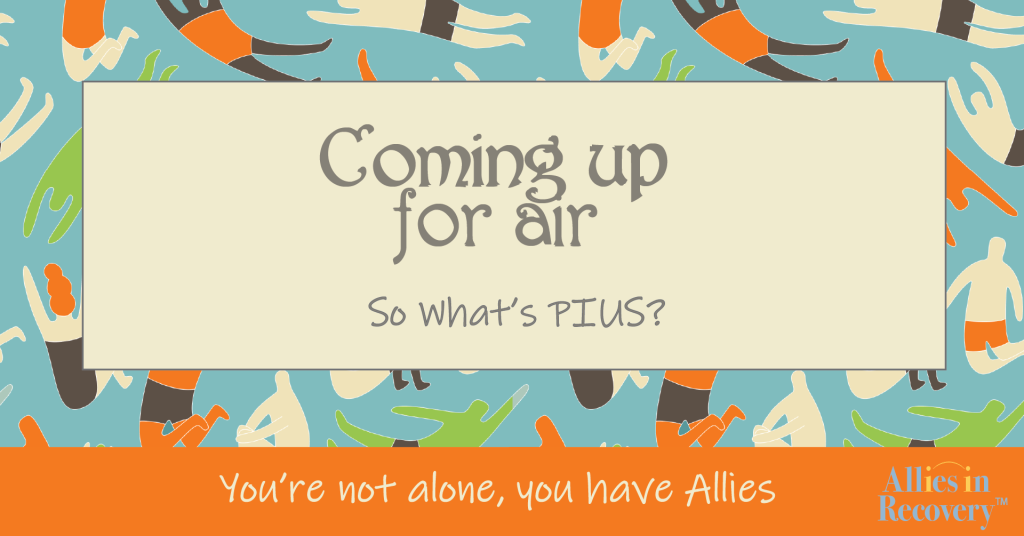
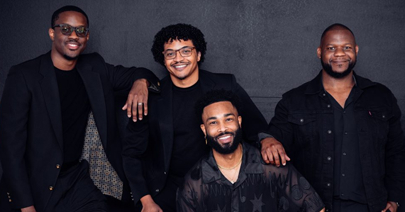
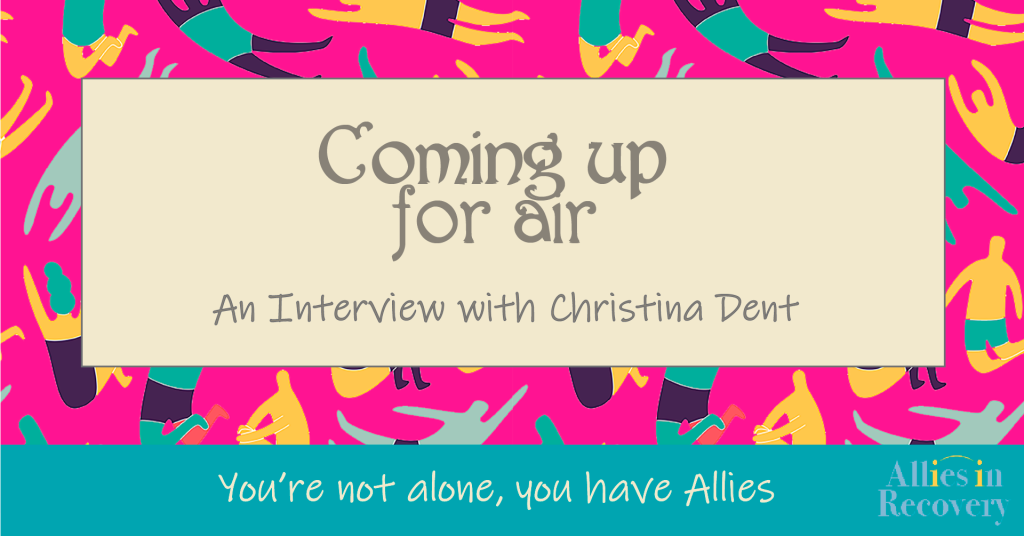
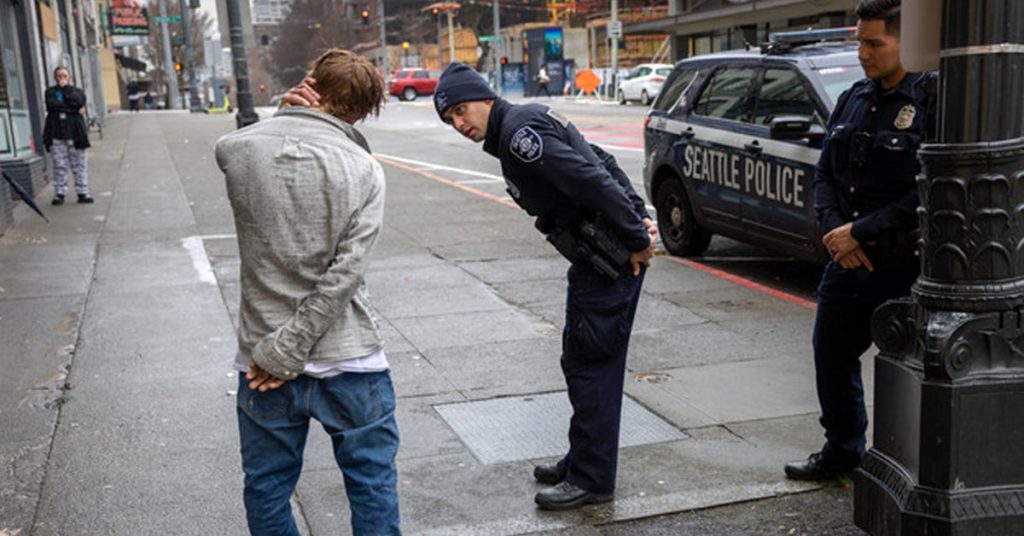
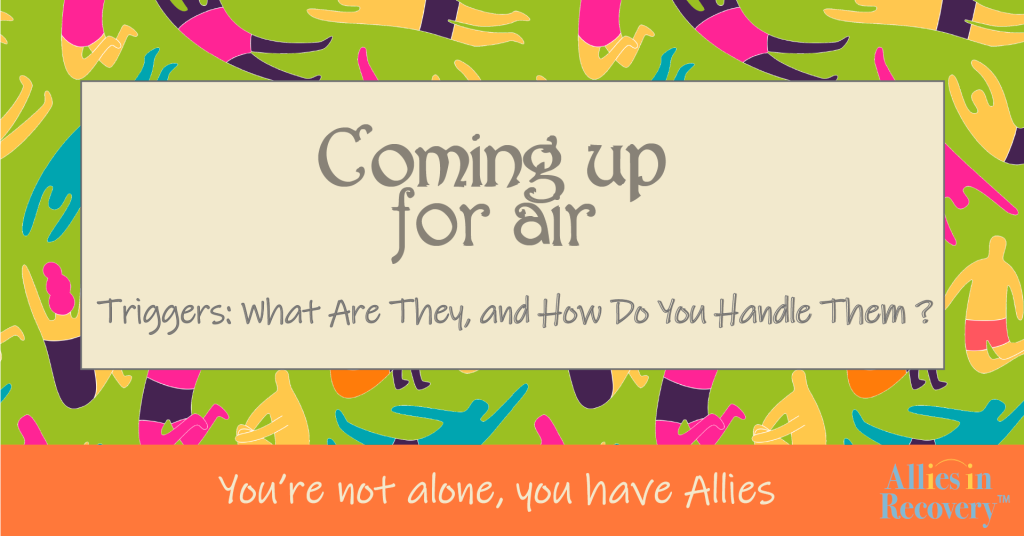
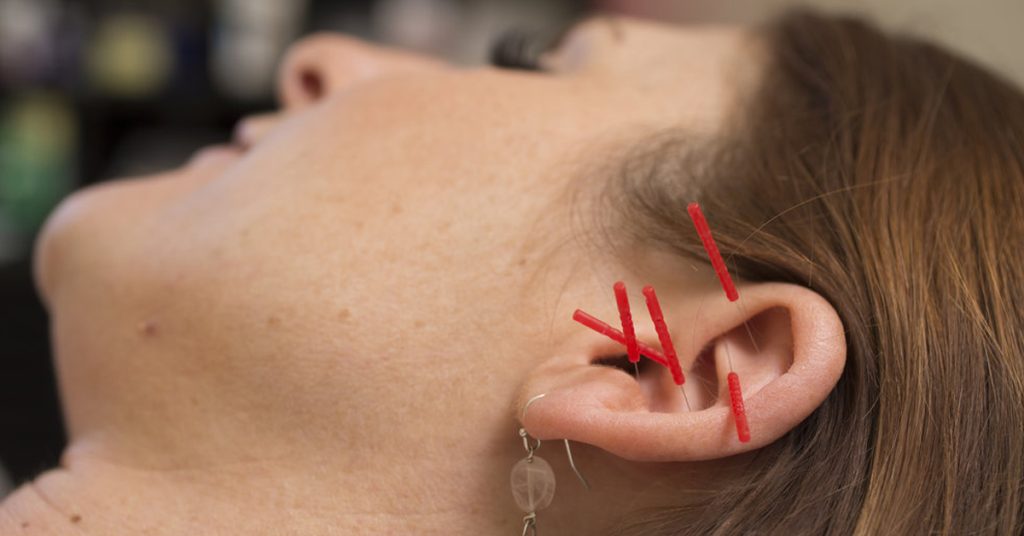
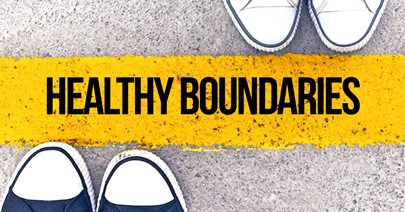
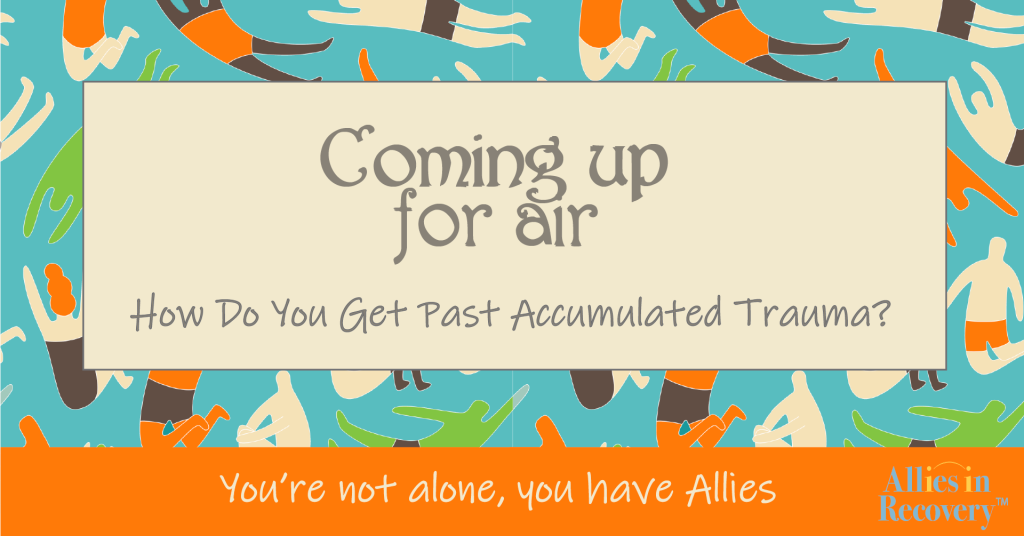
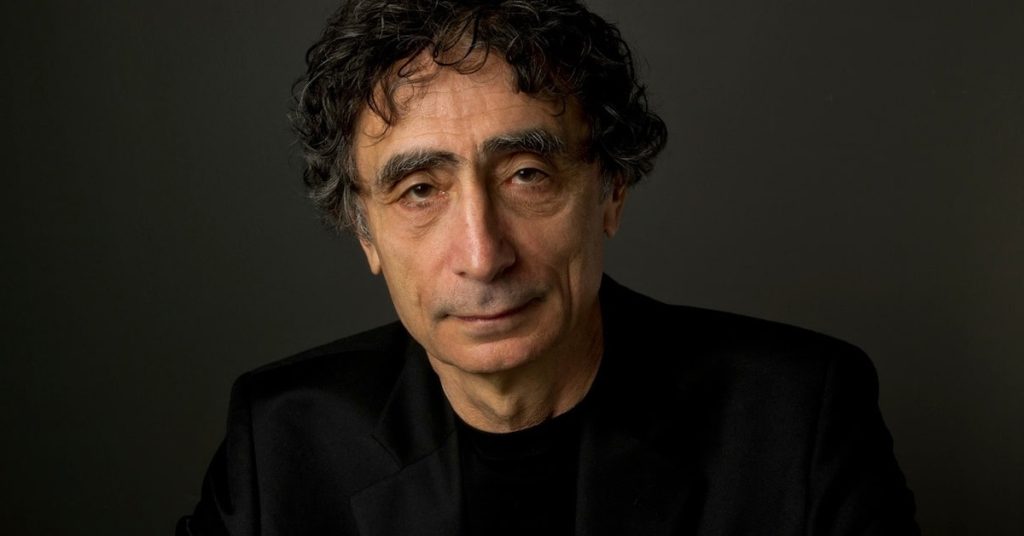
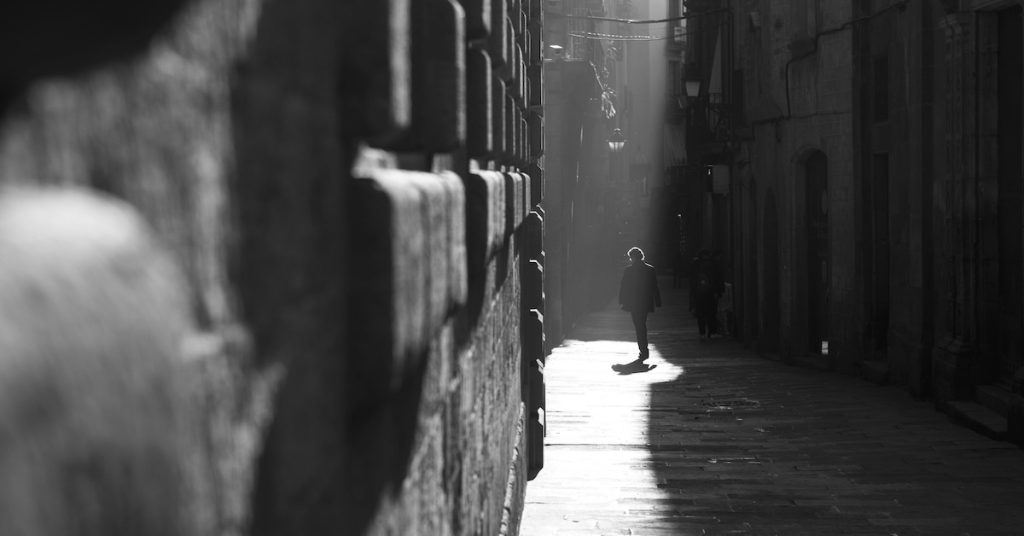
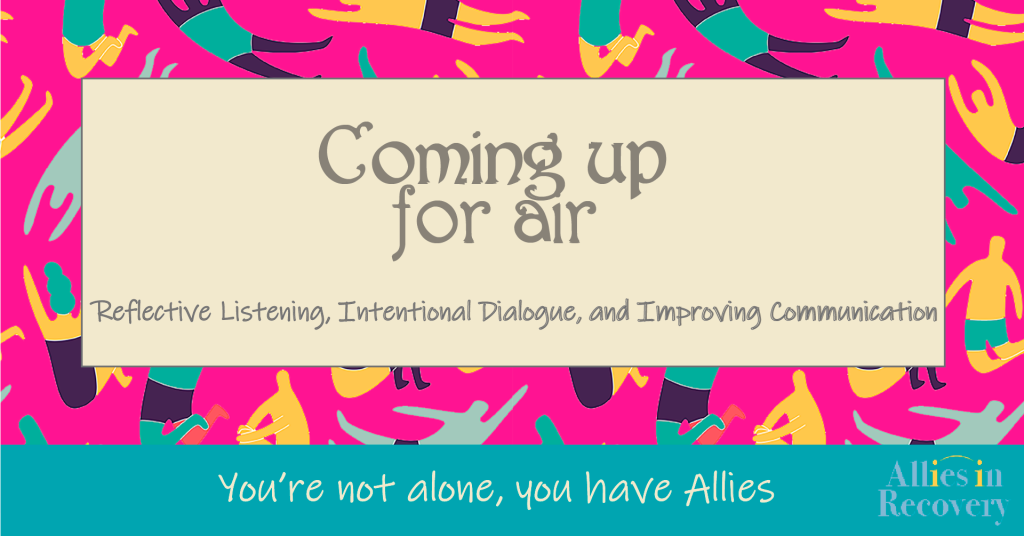
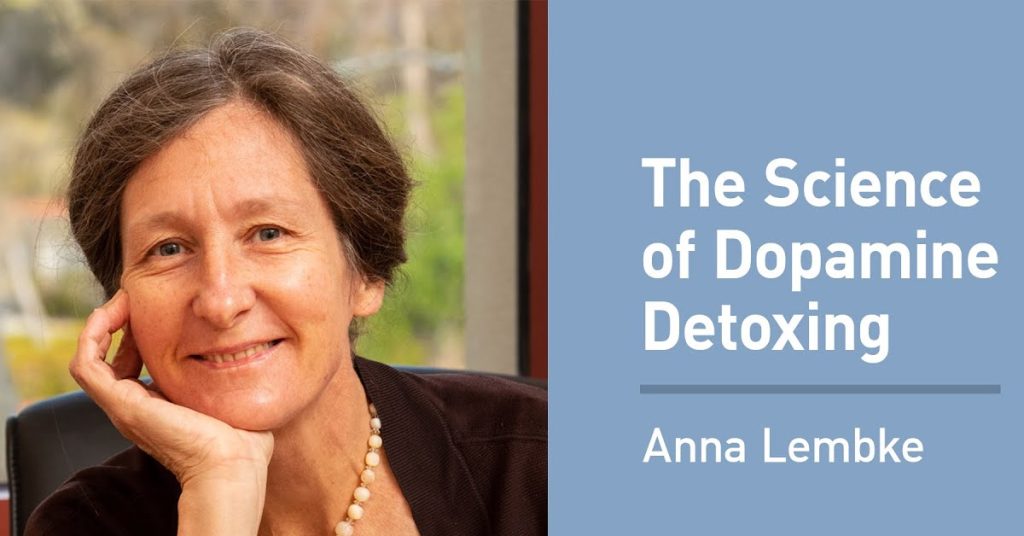
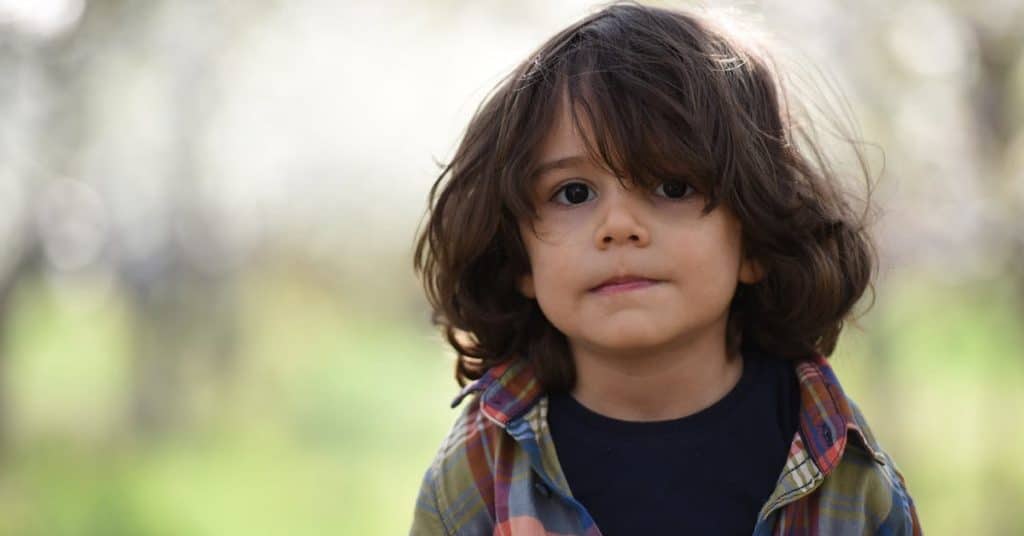
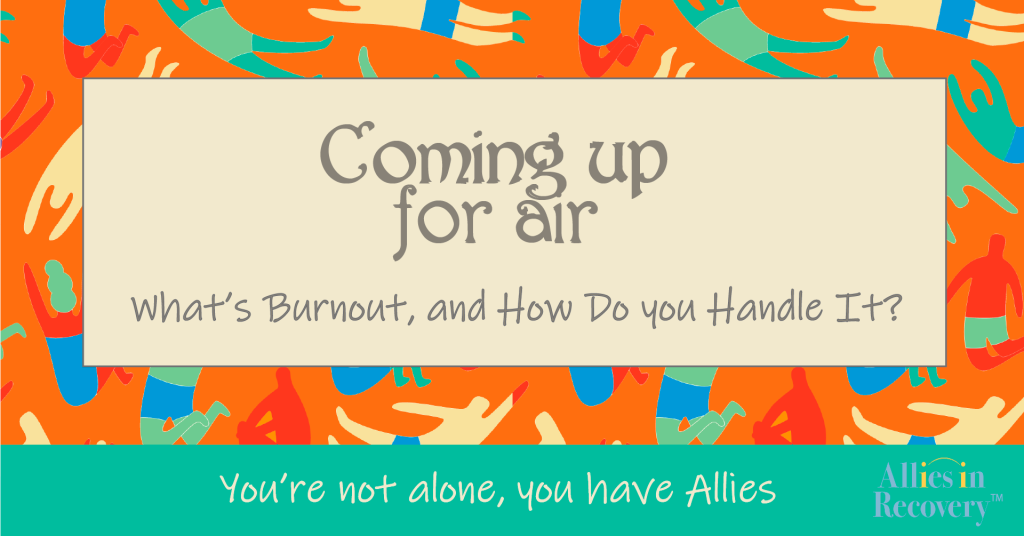
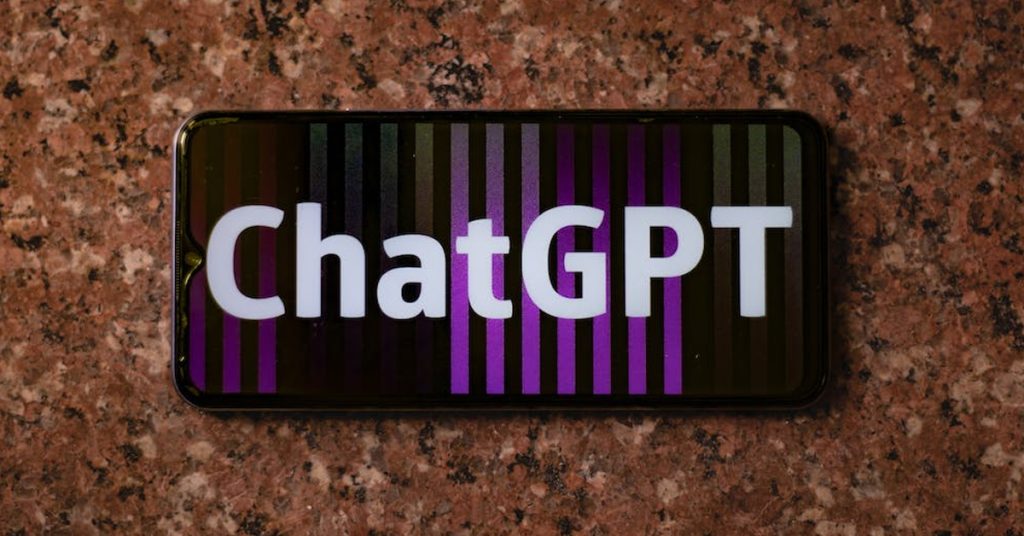
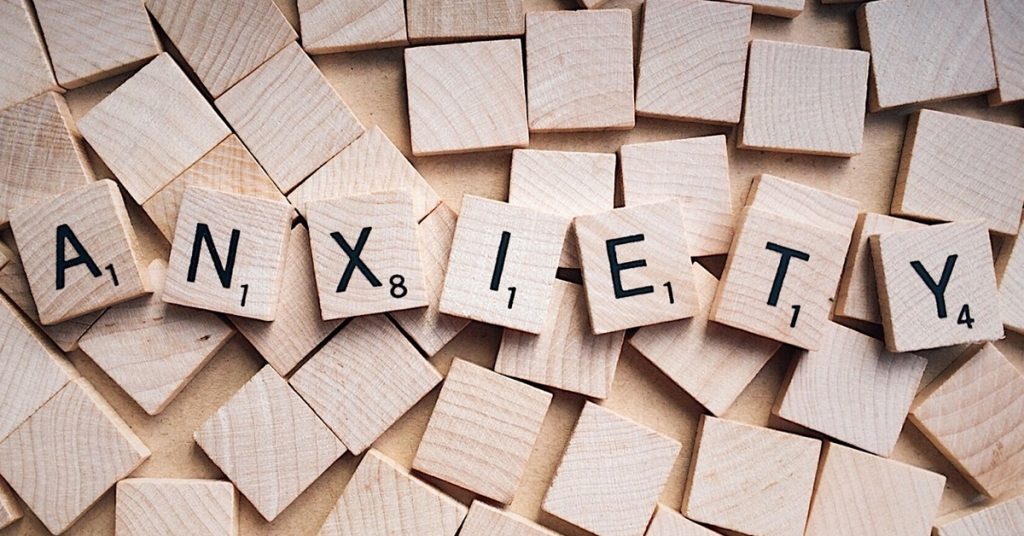
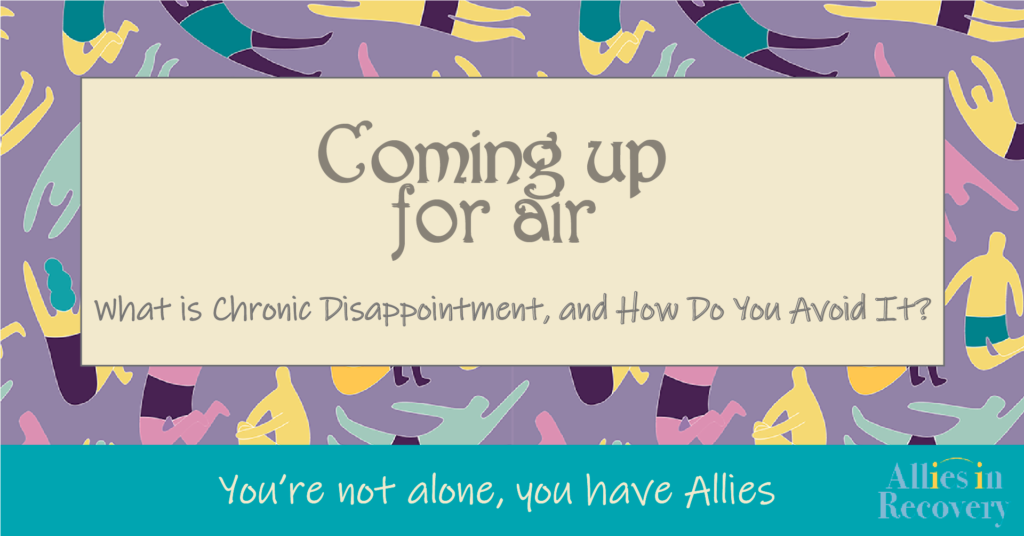

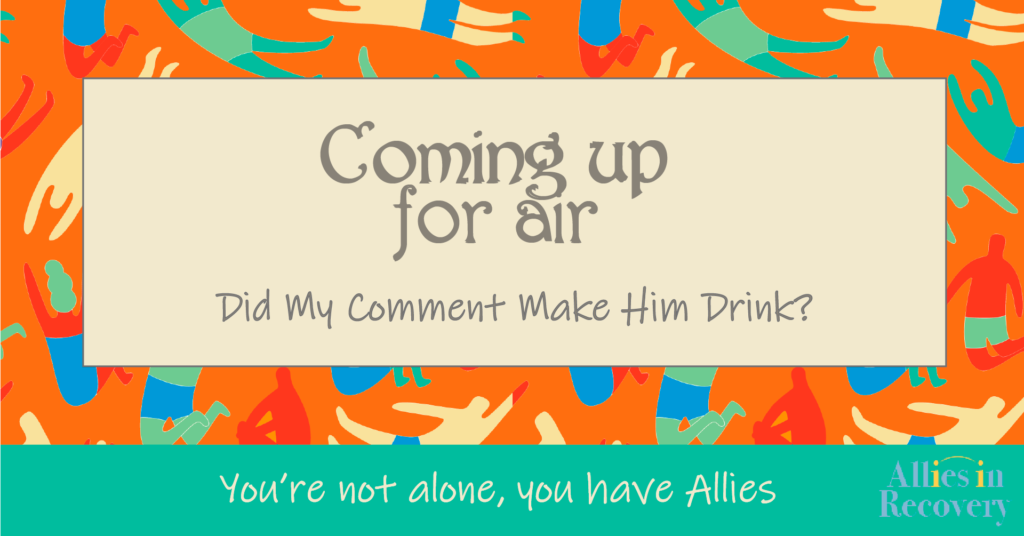
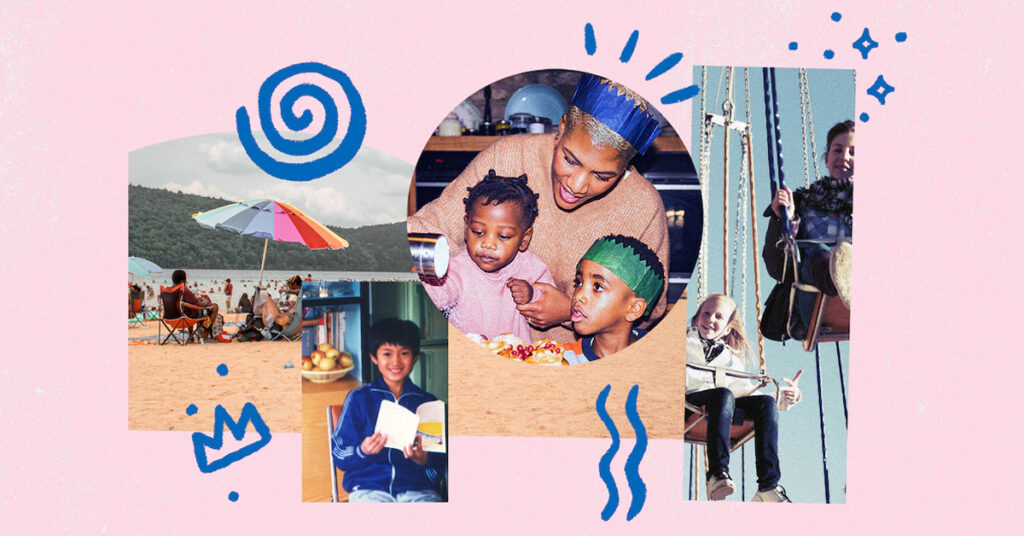
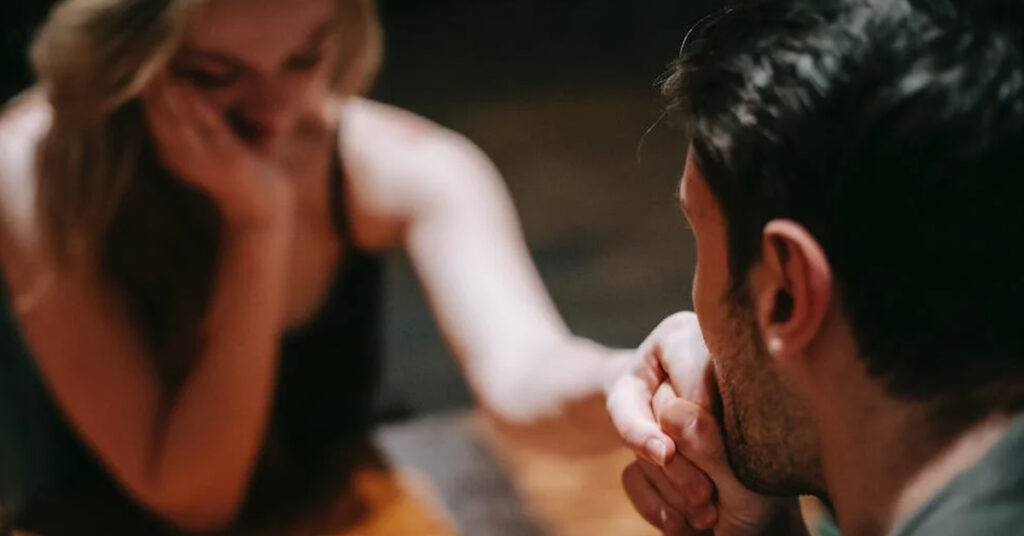
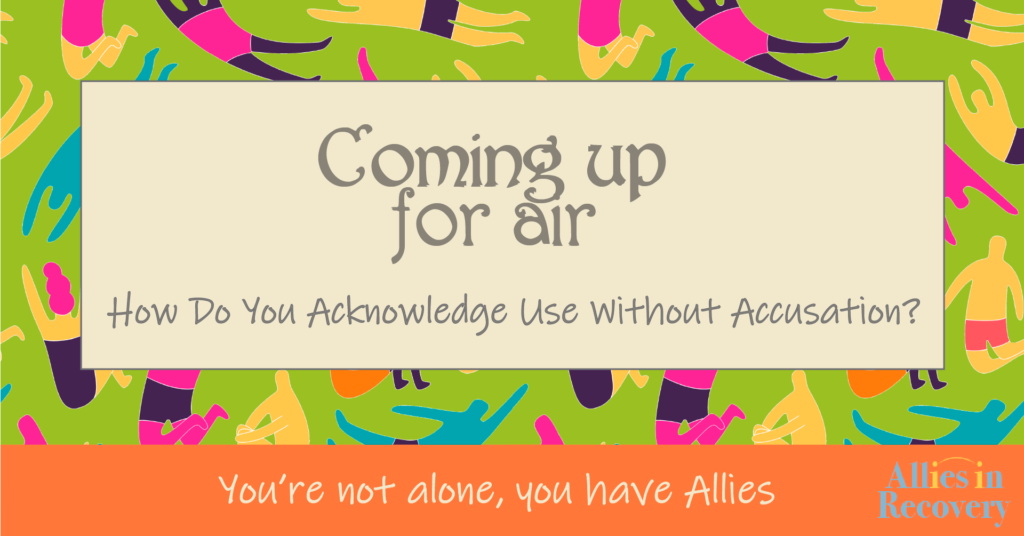
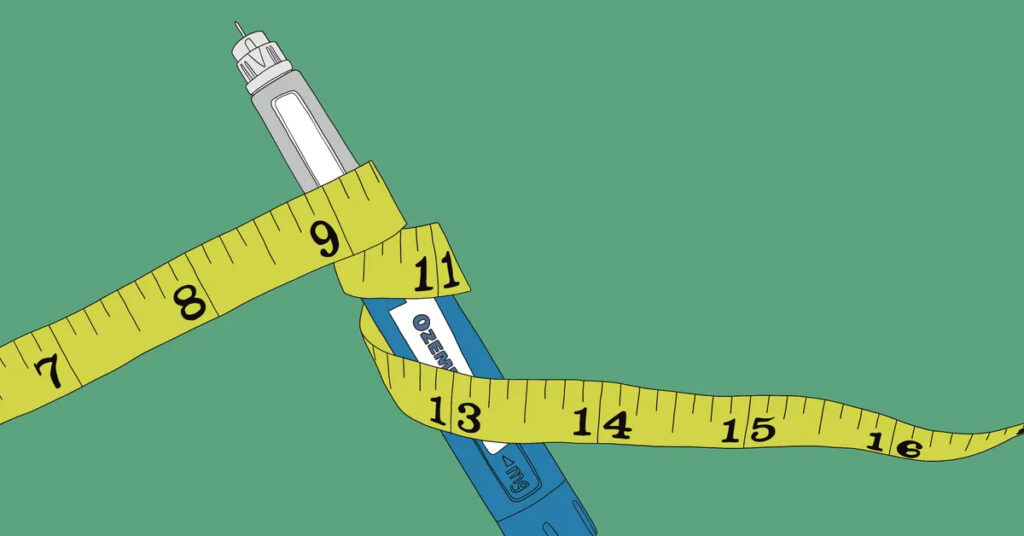
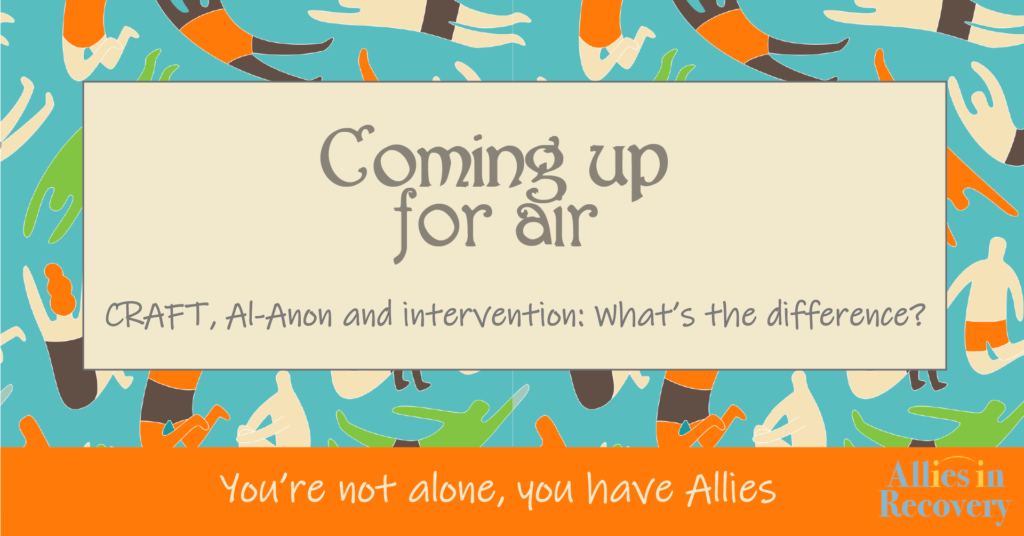
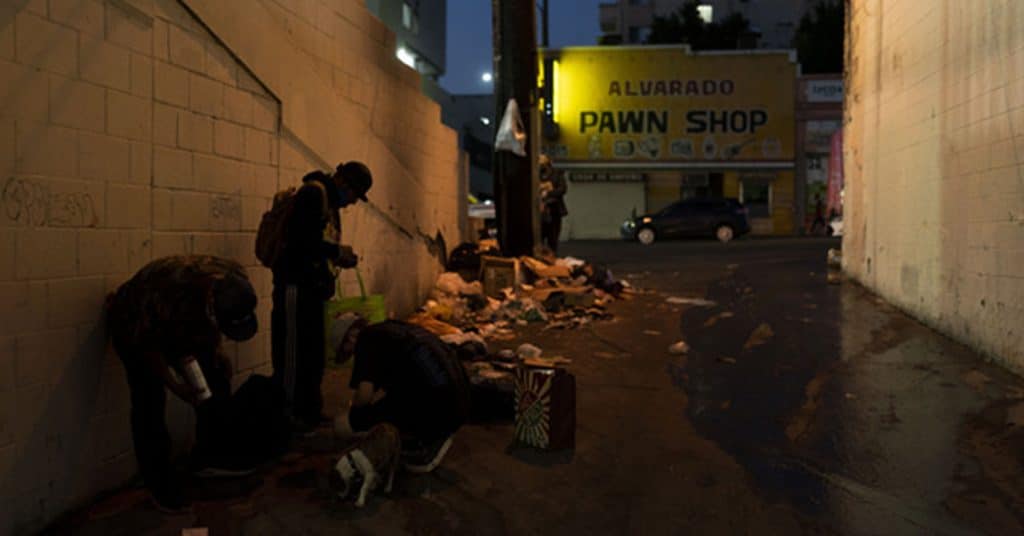
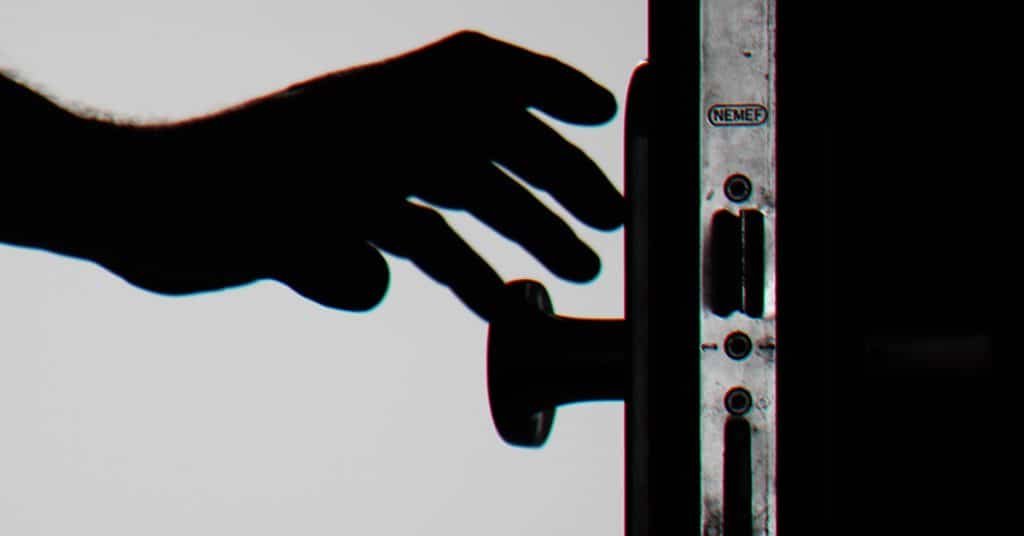
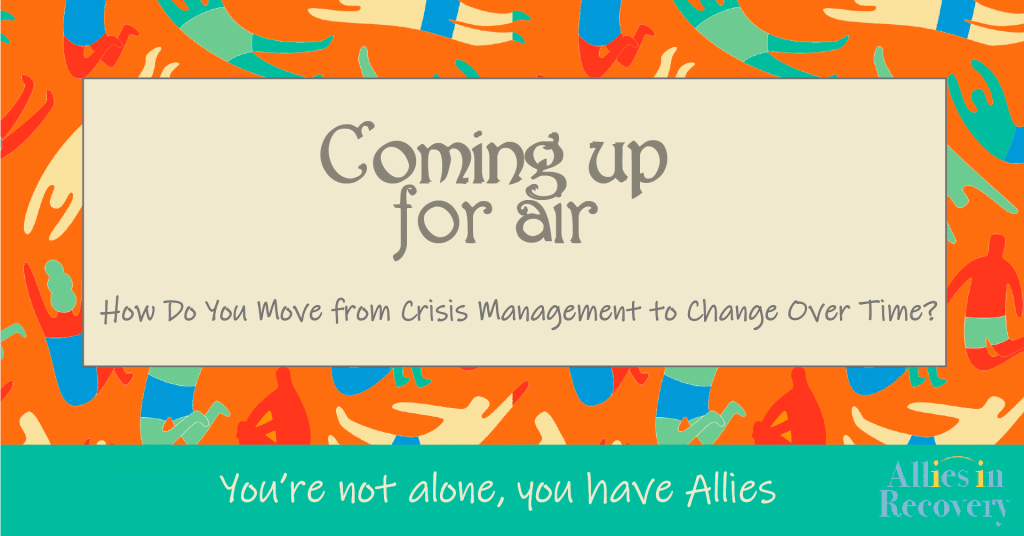
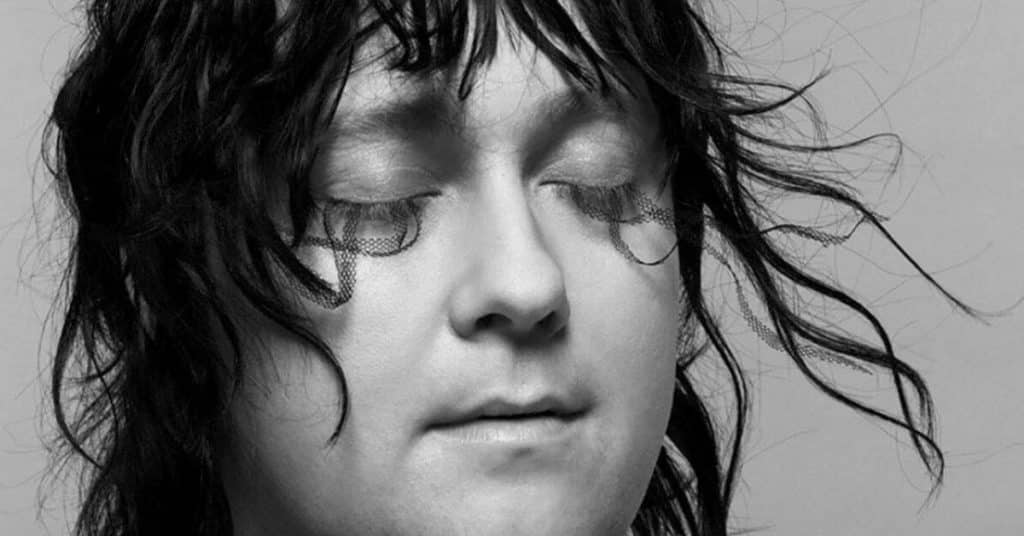
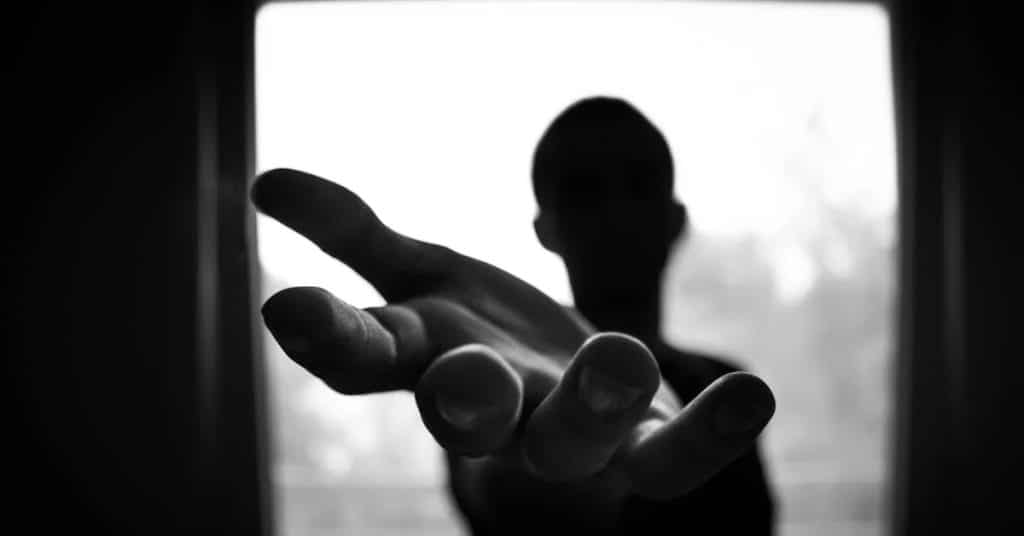
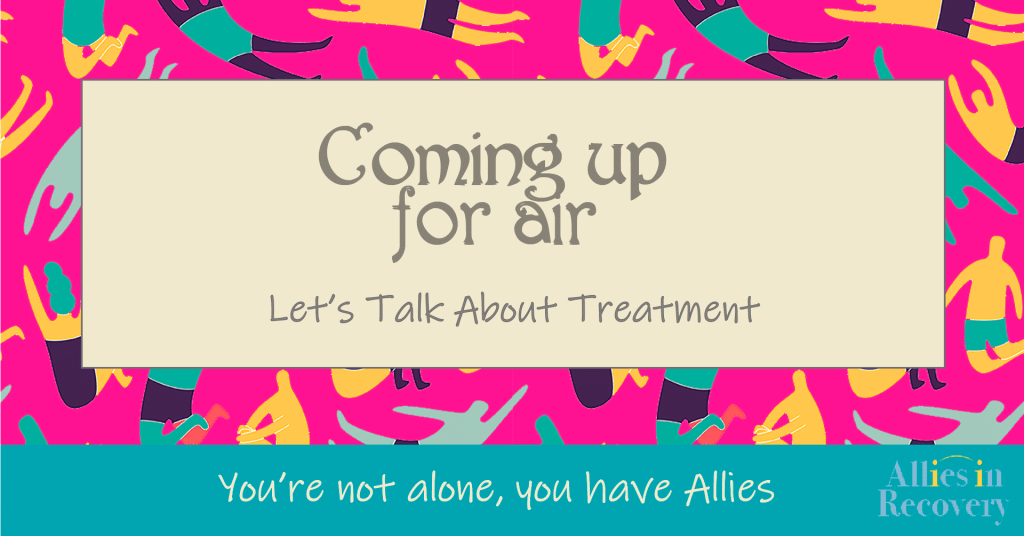
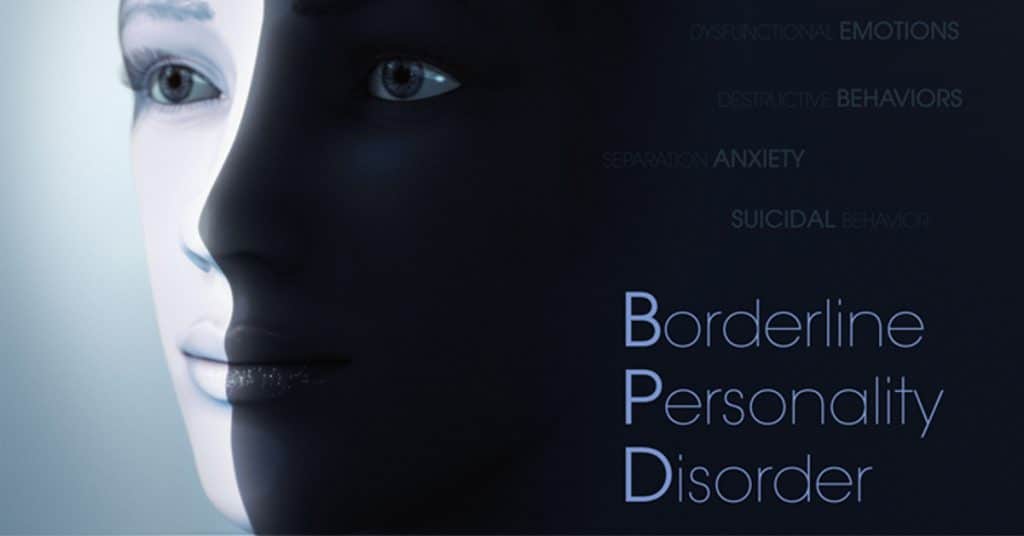
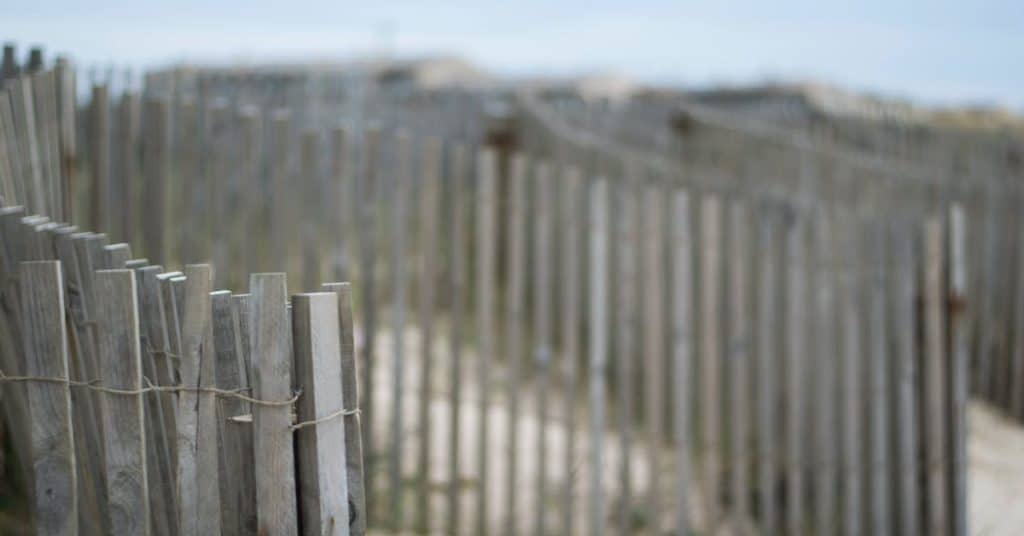
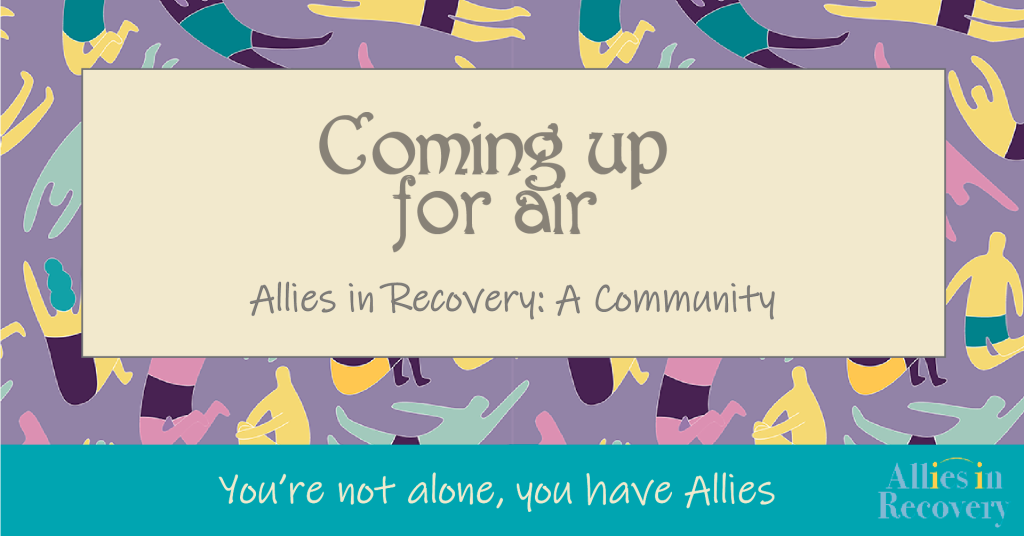
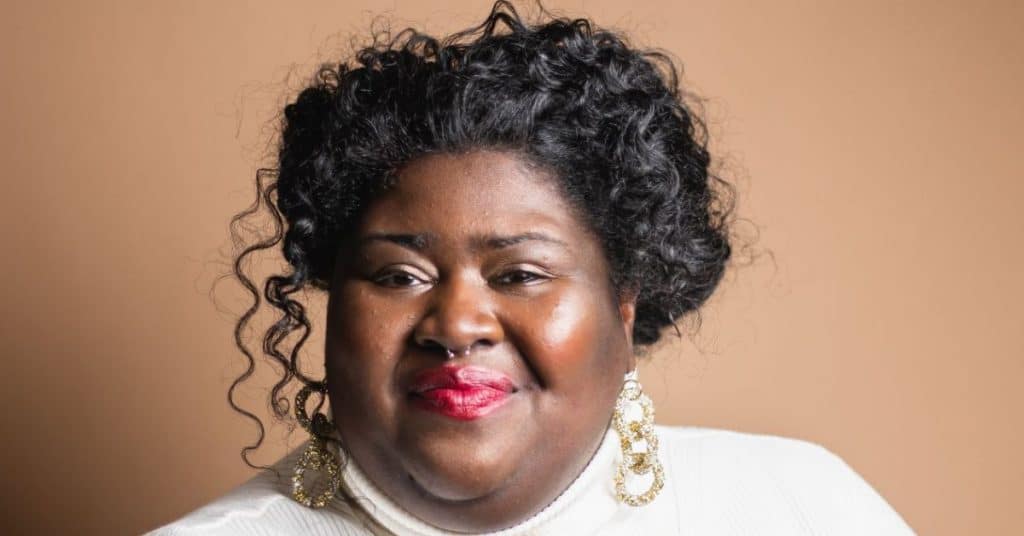
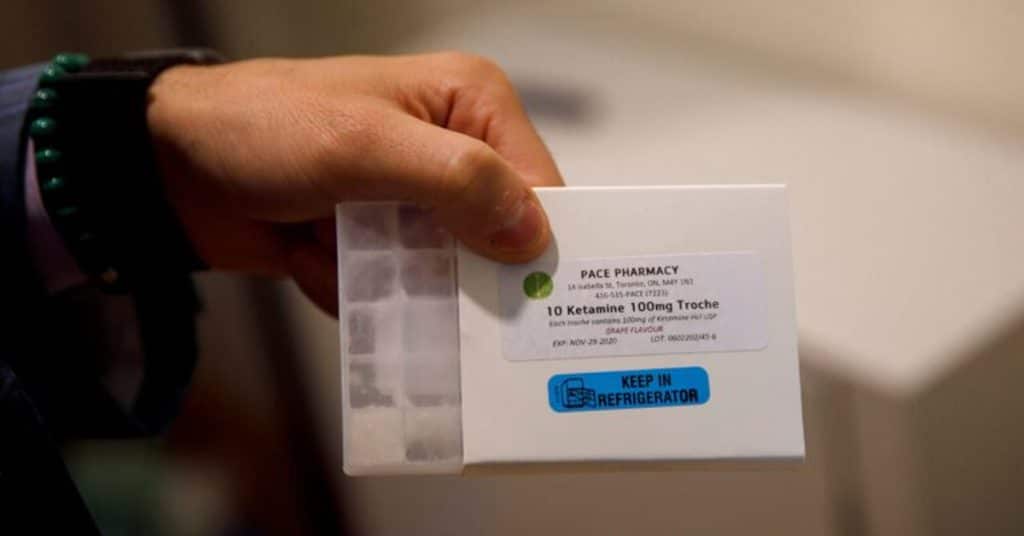
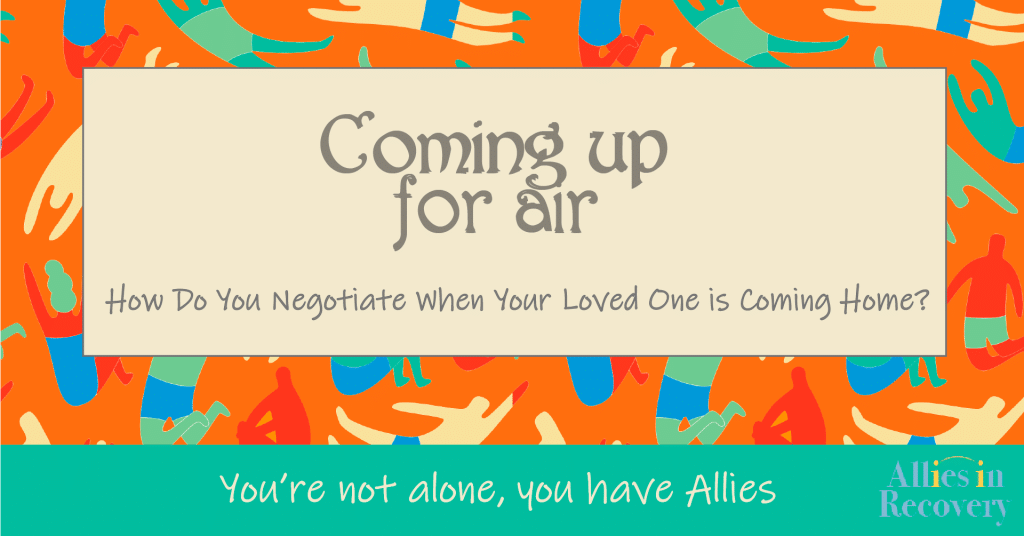
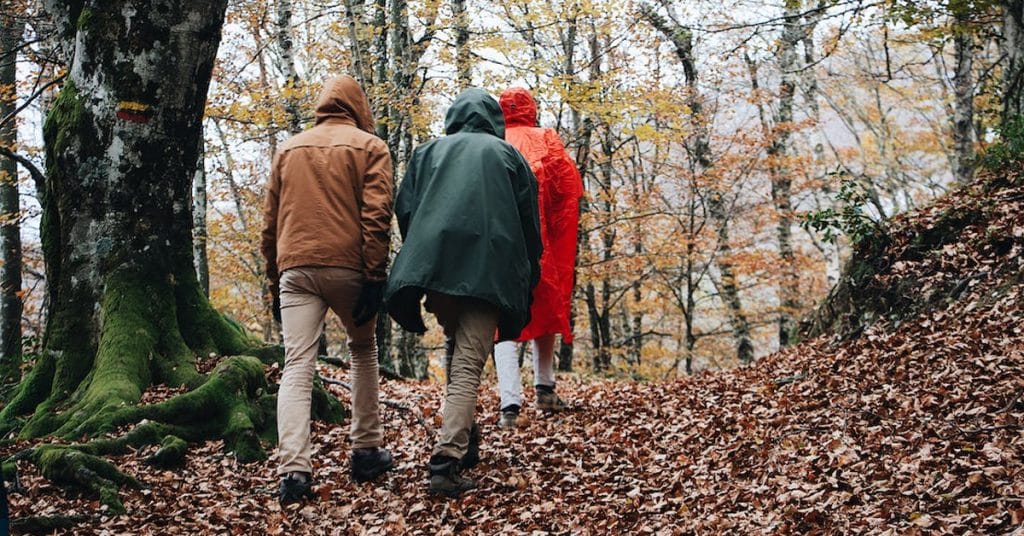
LEAVE A COMMENT / ASK A QUESTION
In your comments, please show respect for each other and do not give advice. Please consider that your choice of words has the power to reduce stigma and change opinions (ie, "person struggling with substance use" vs. "addict", "use" vs. "abuse"...)